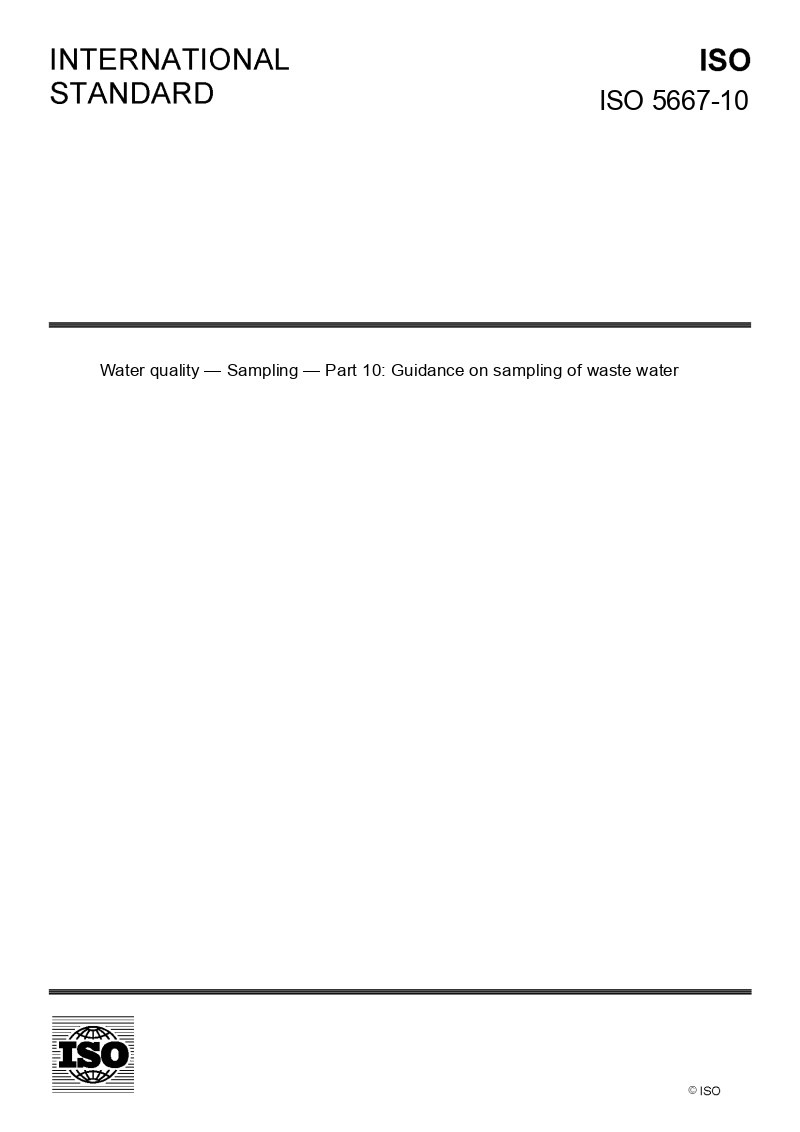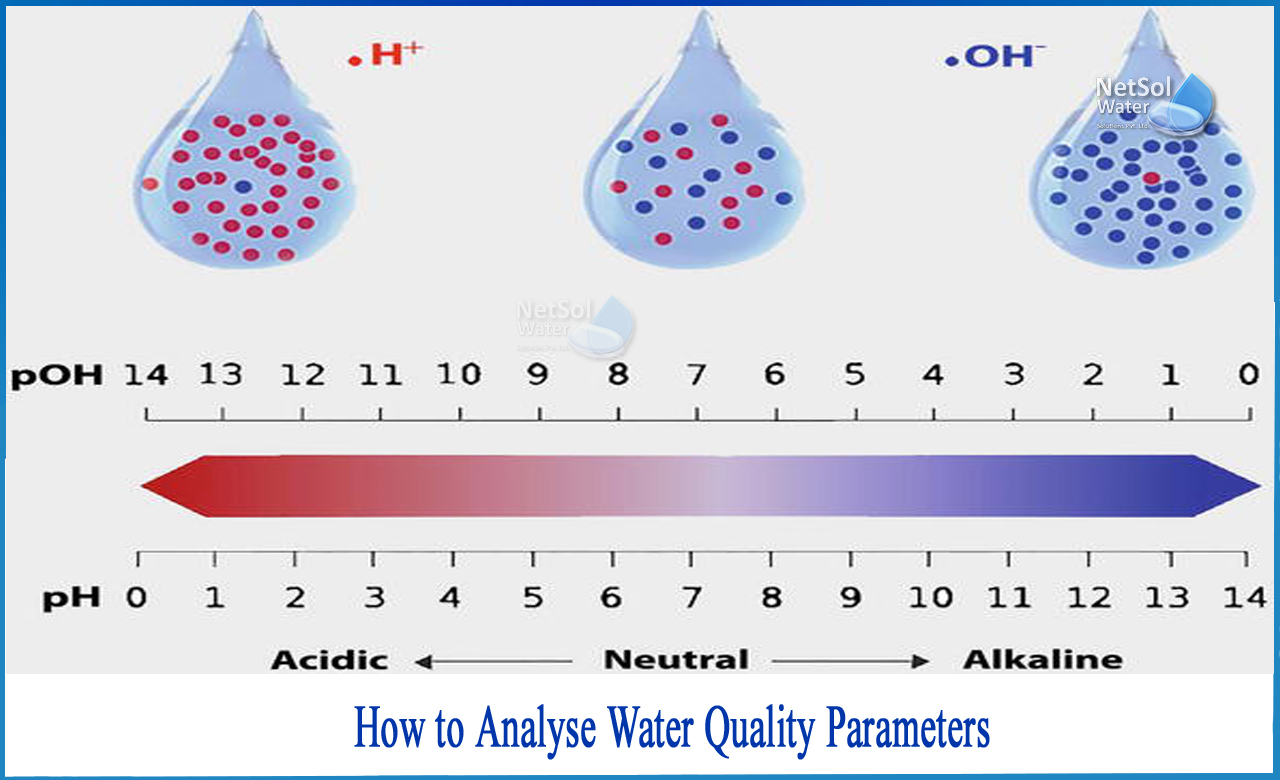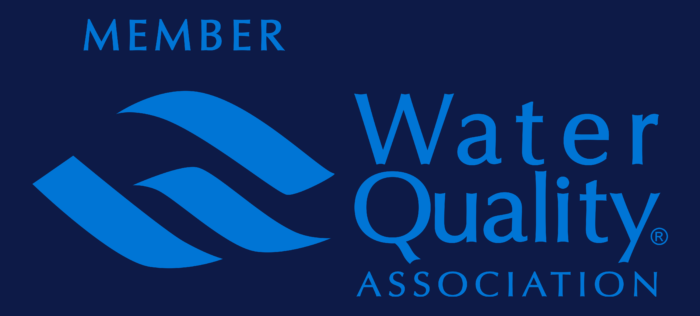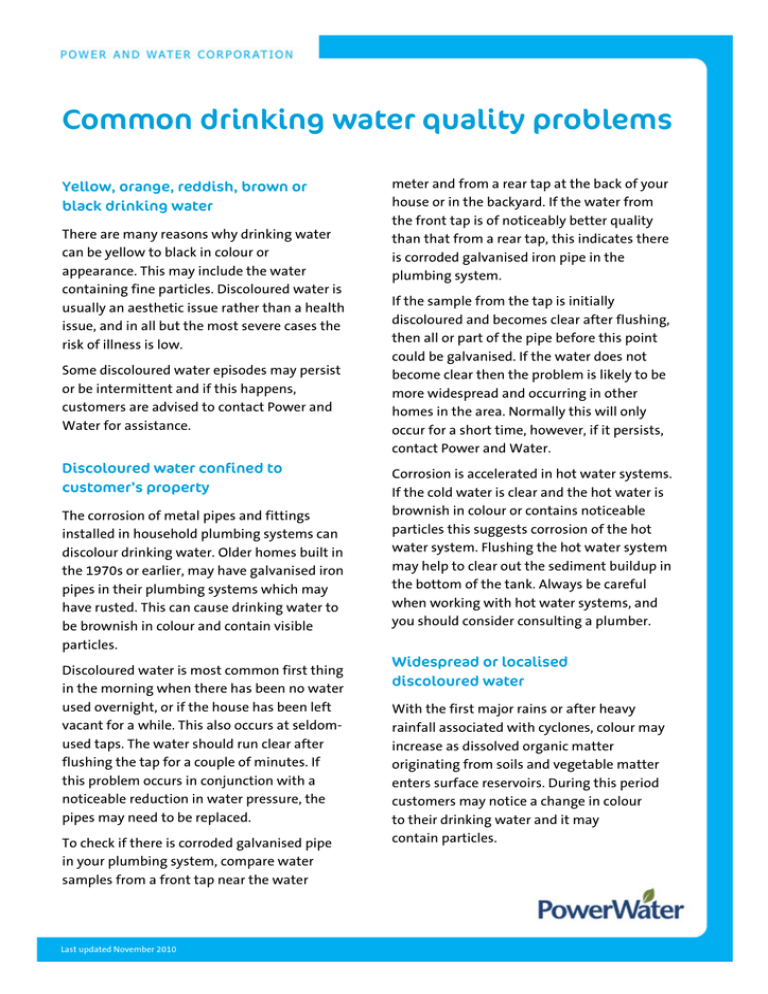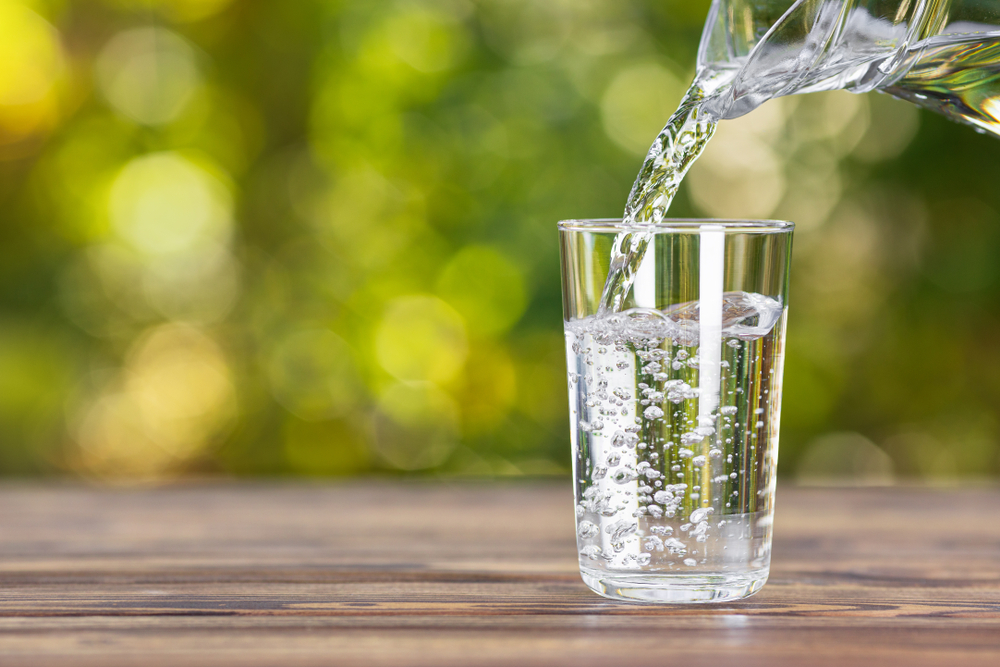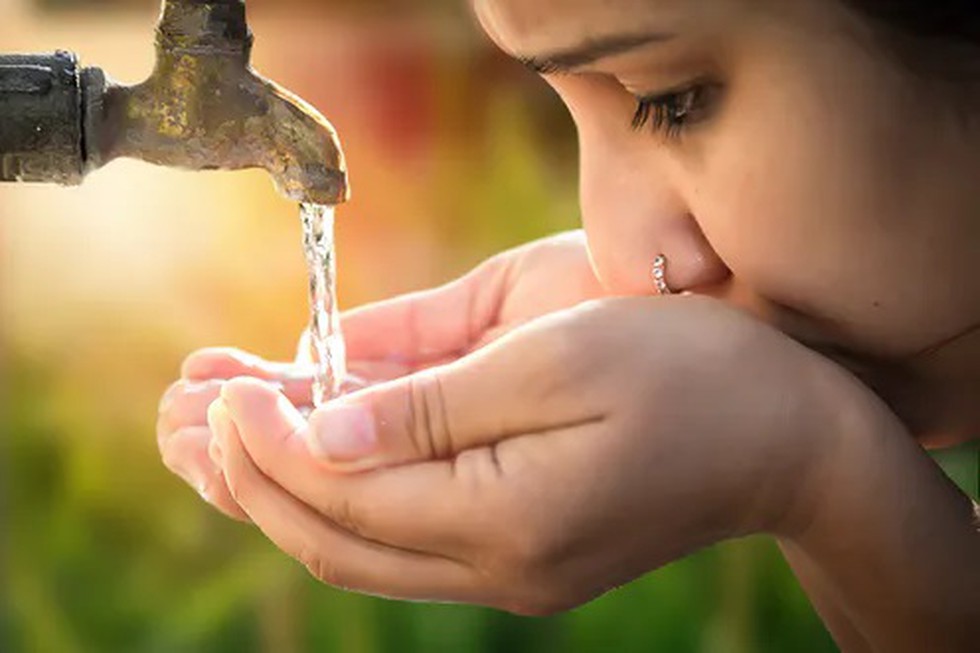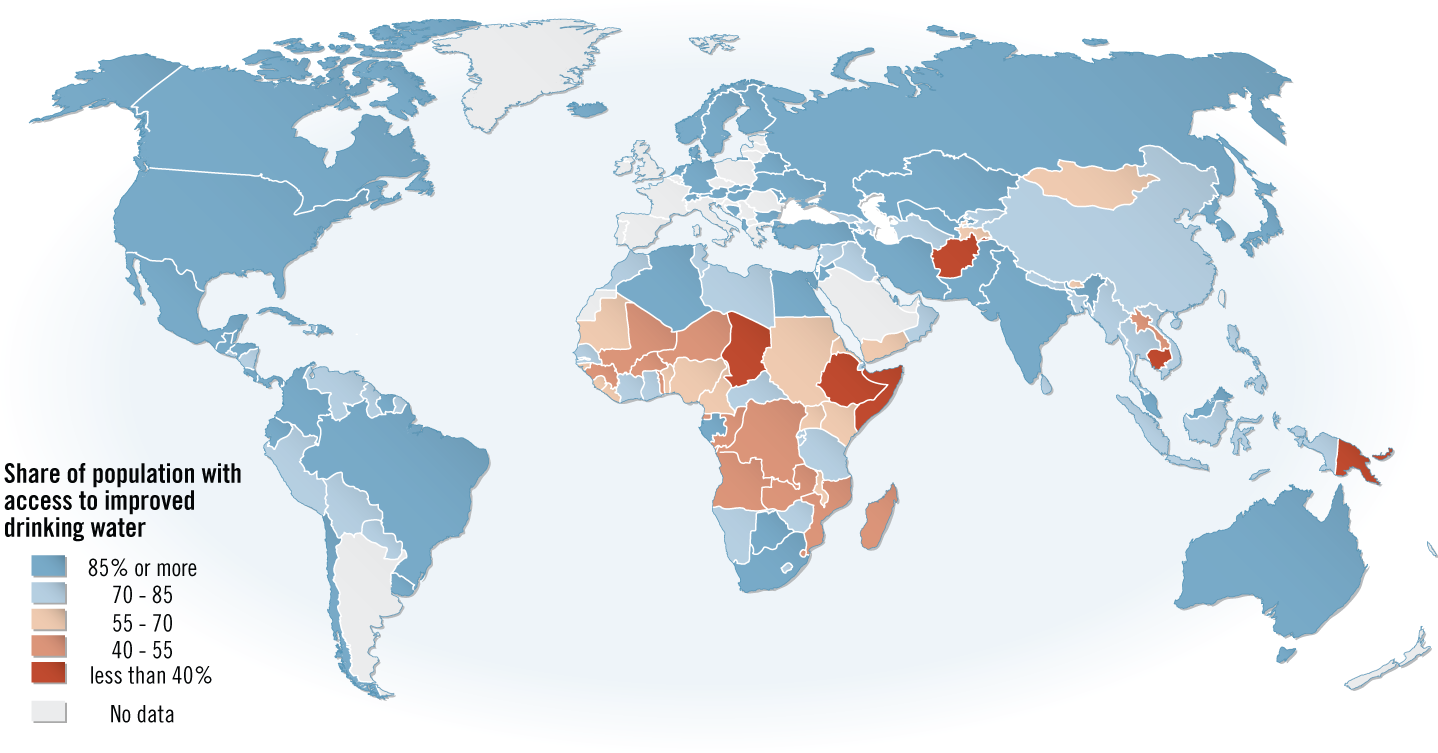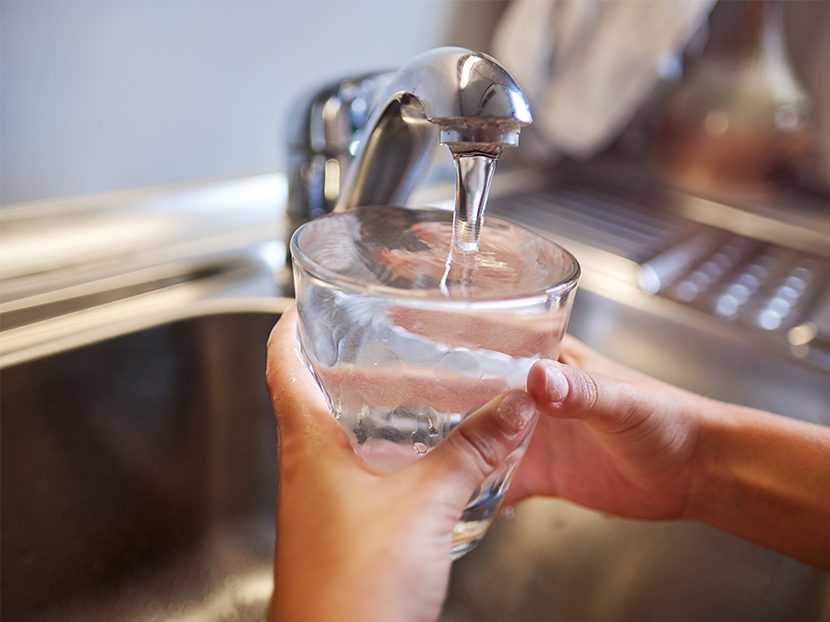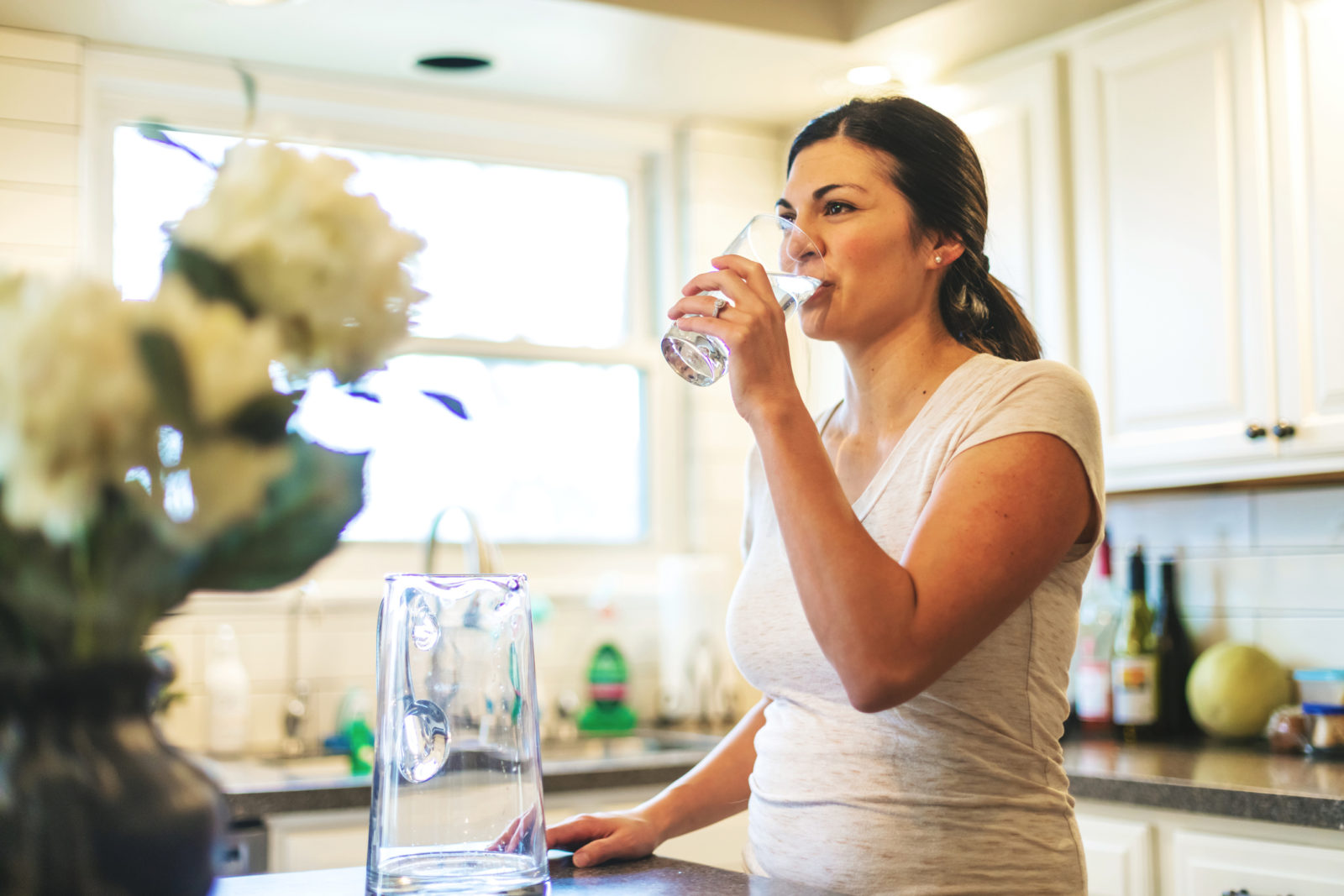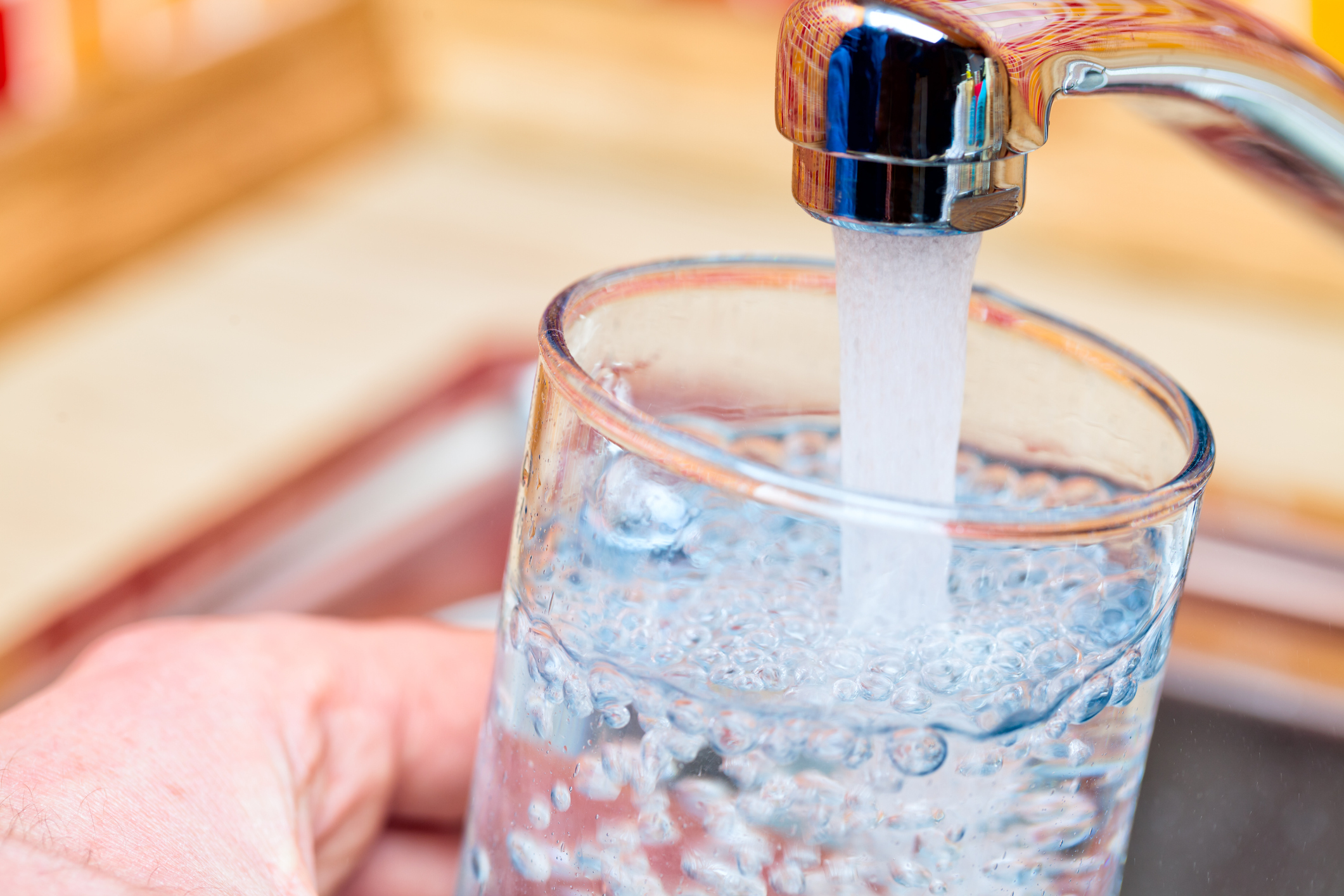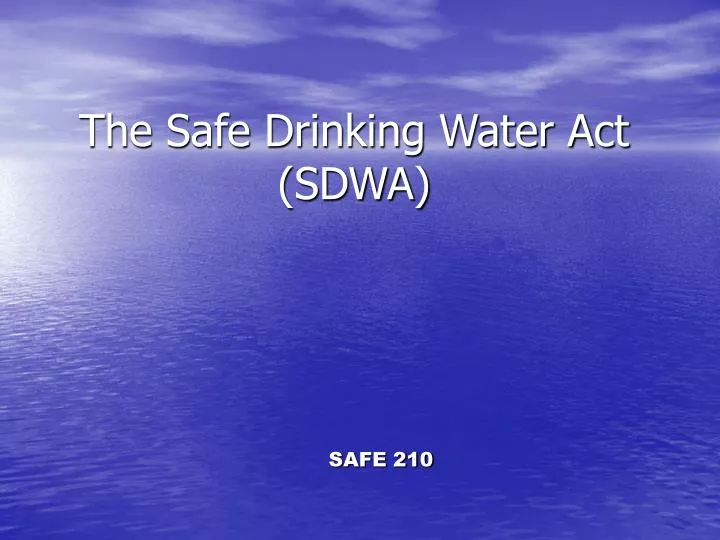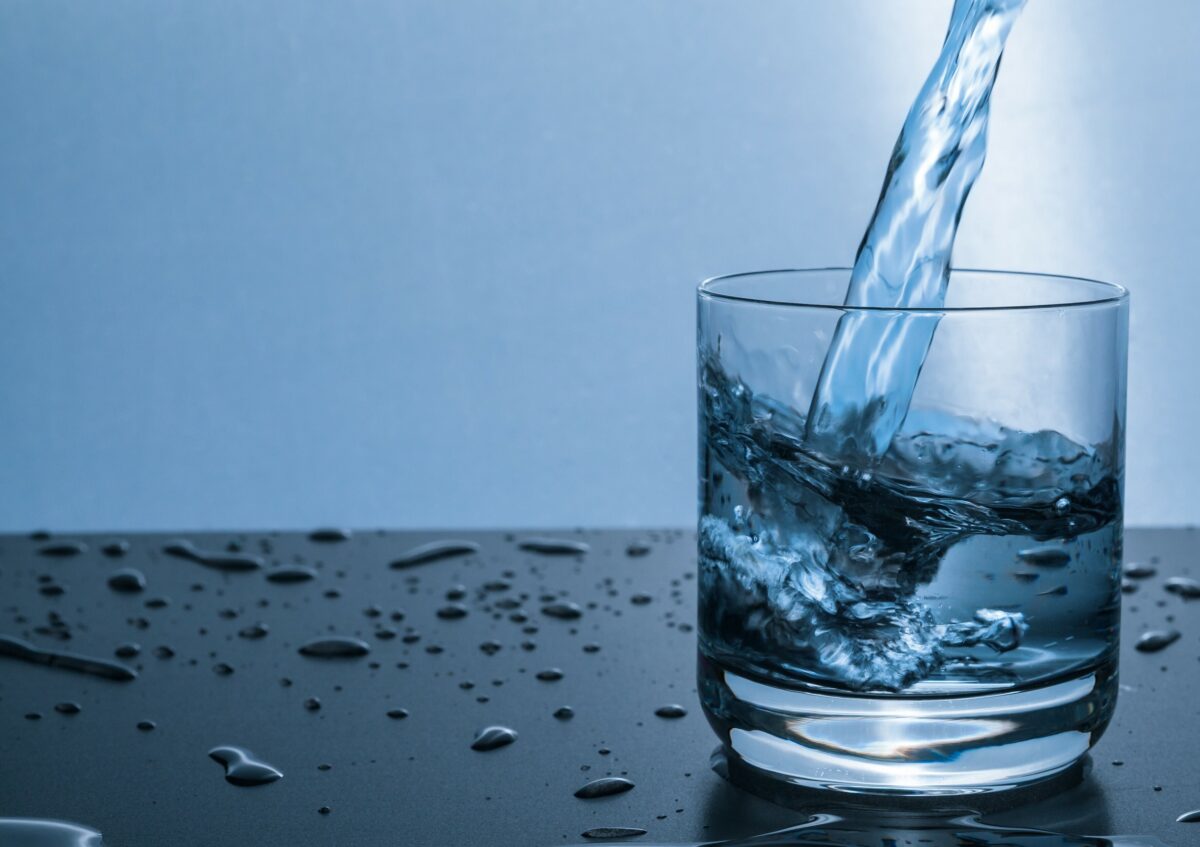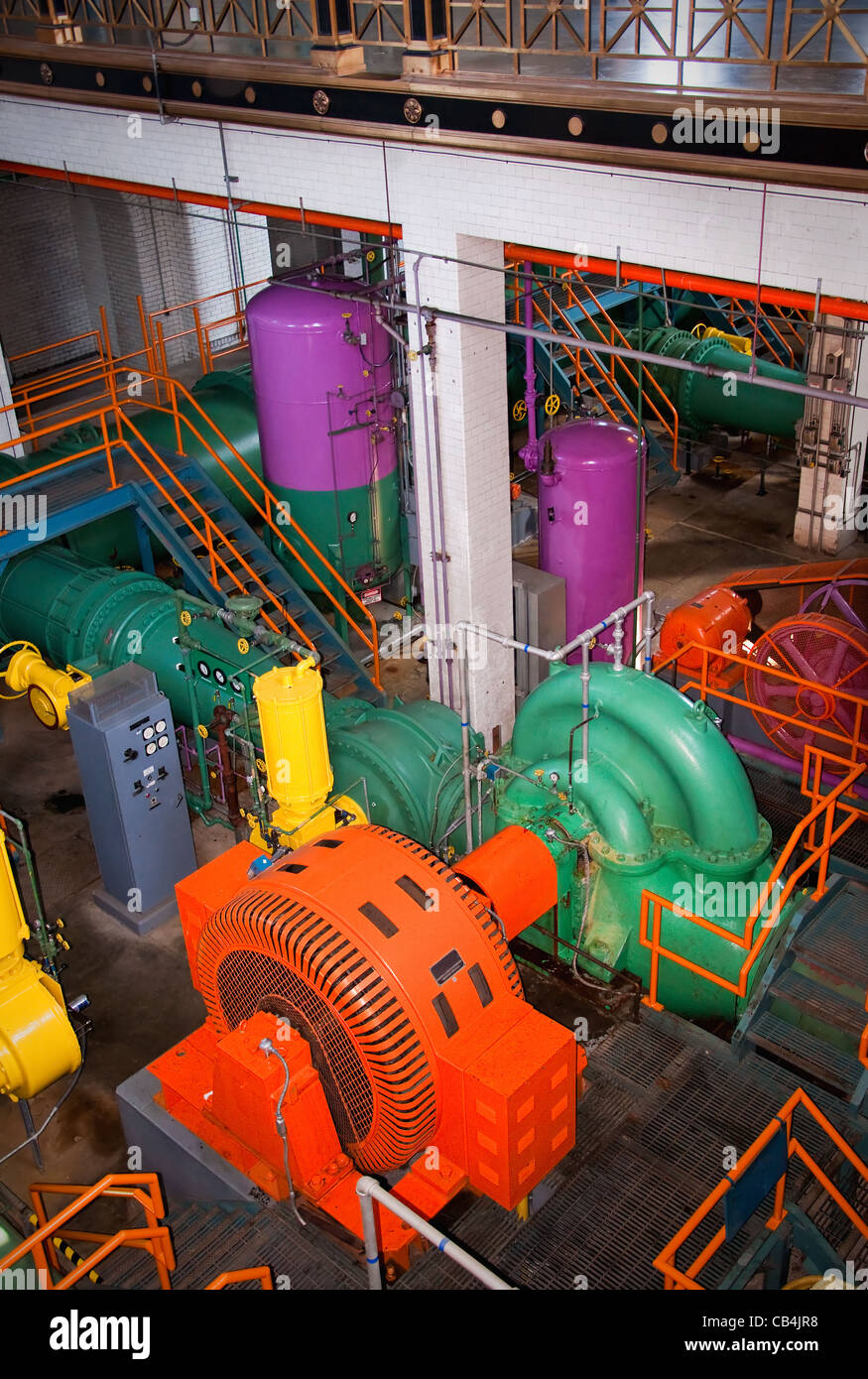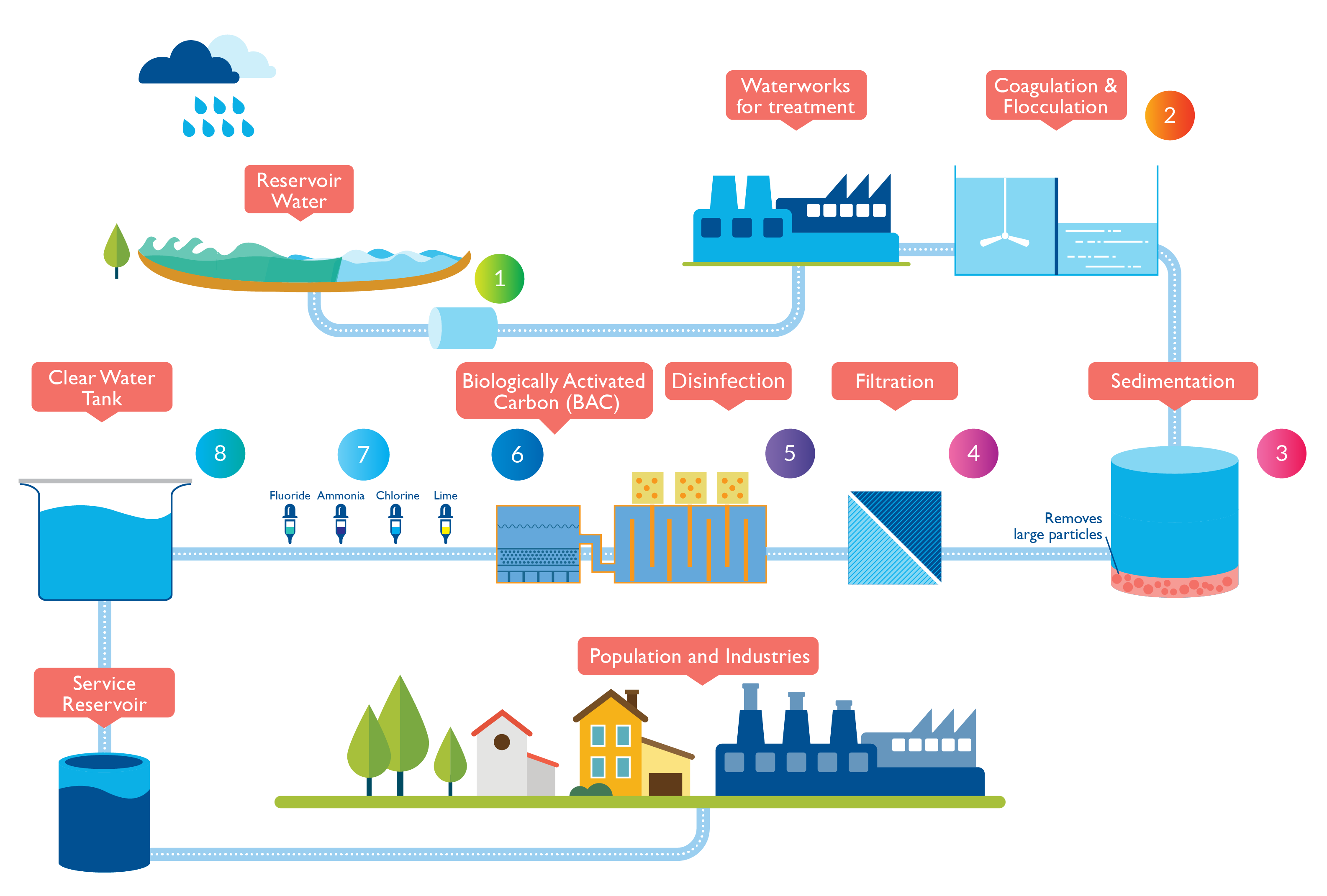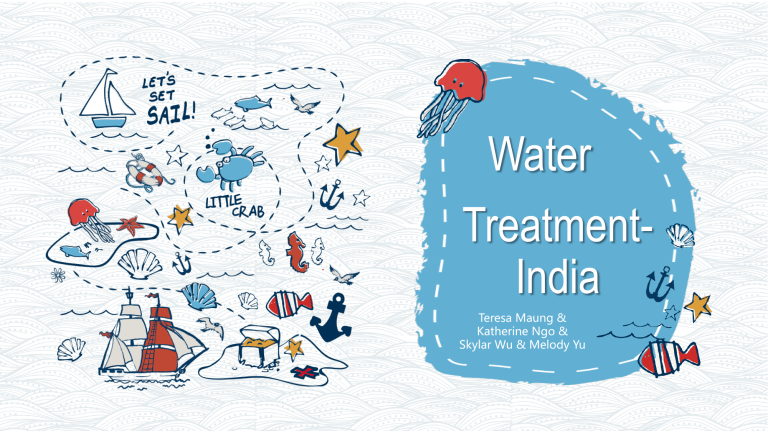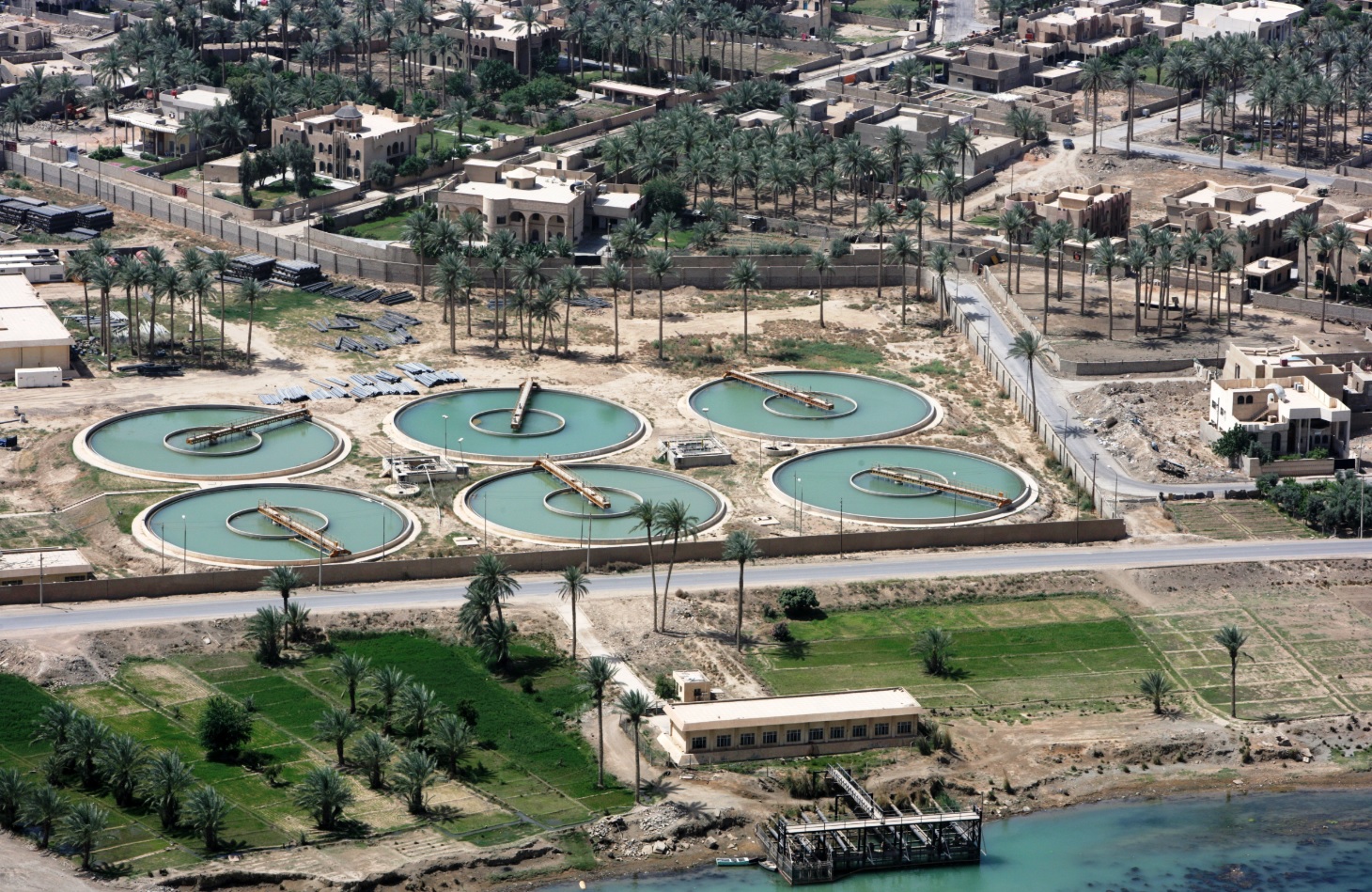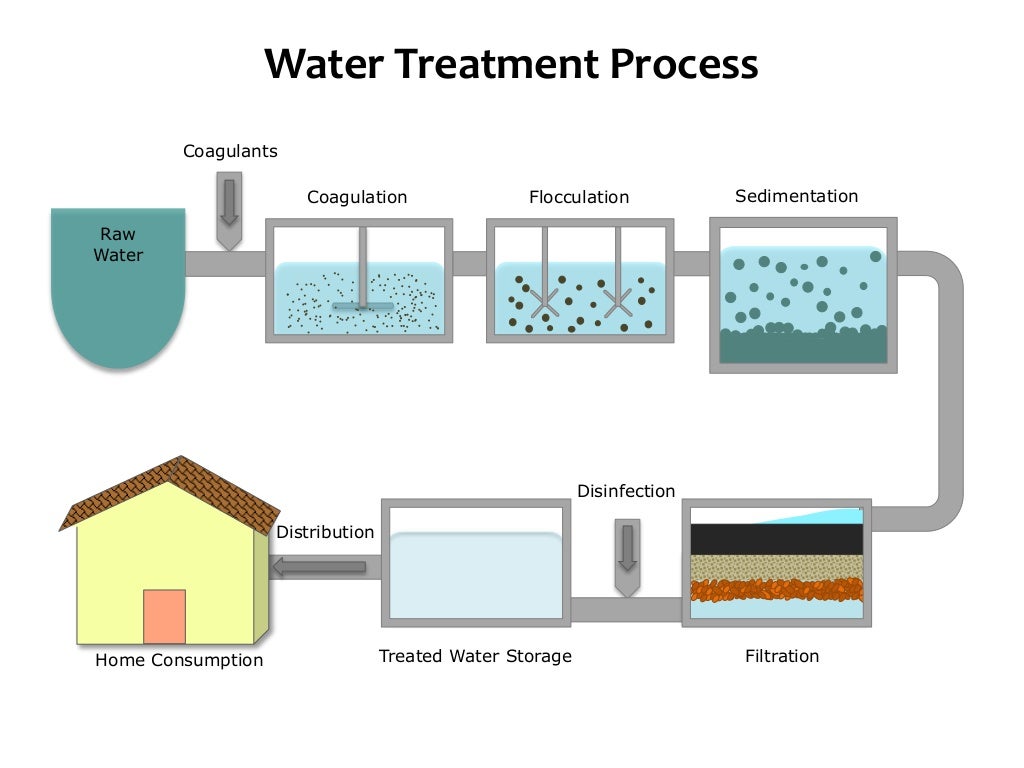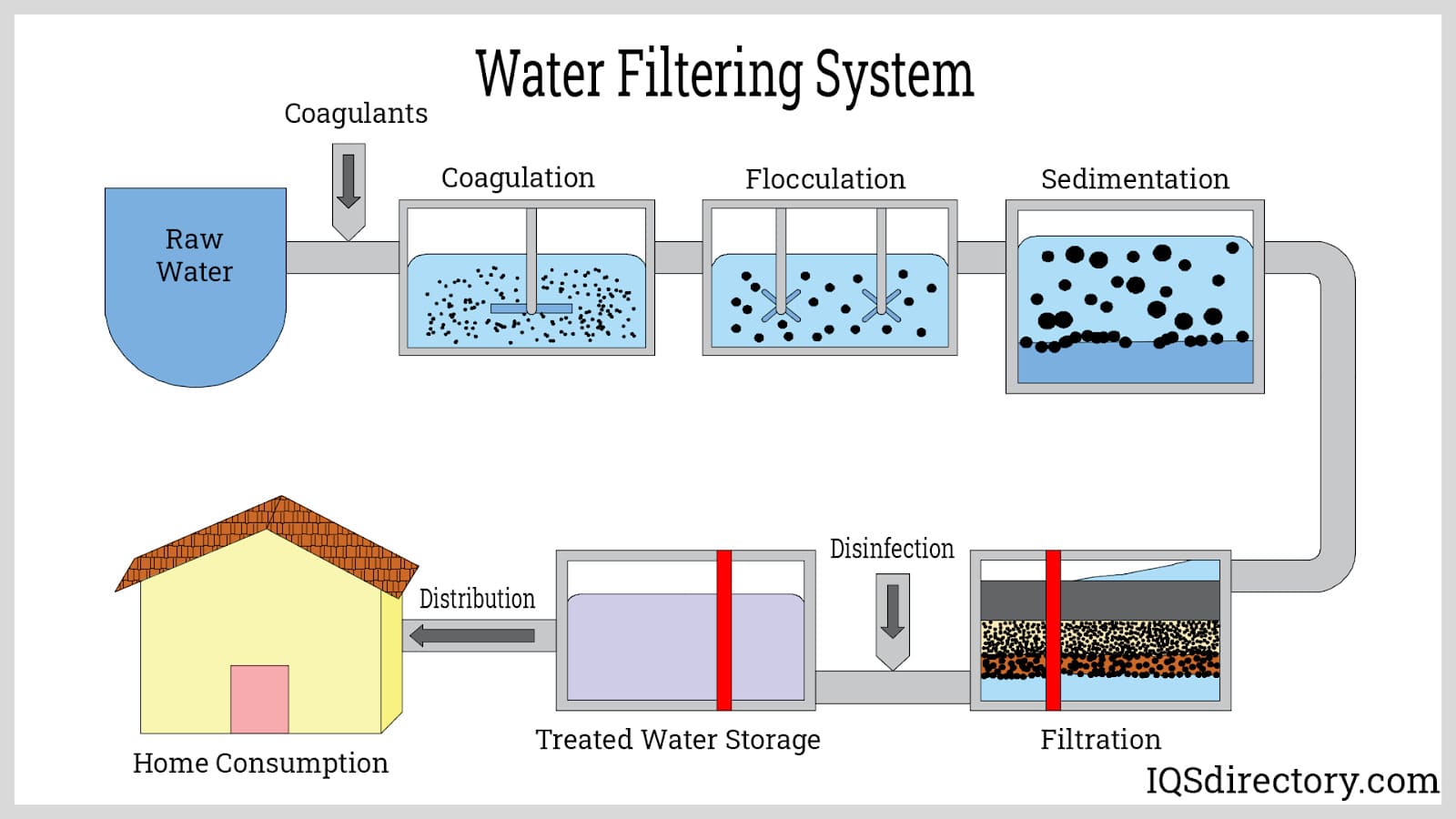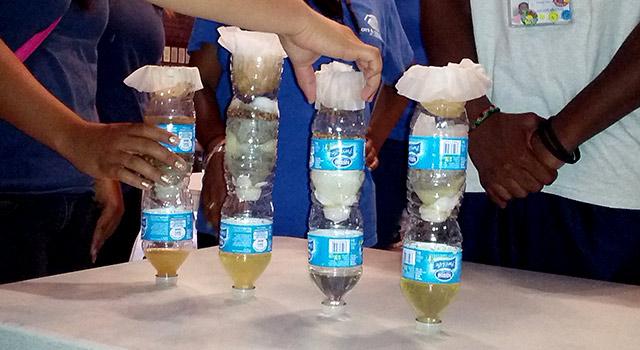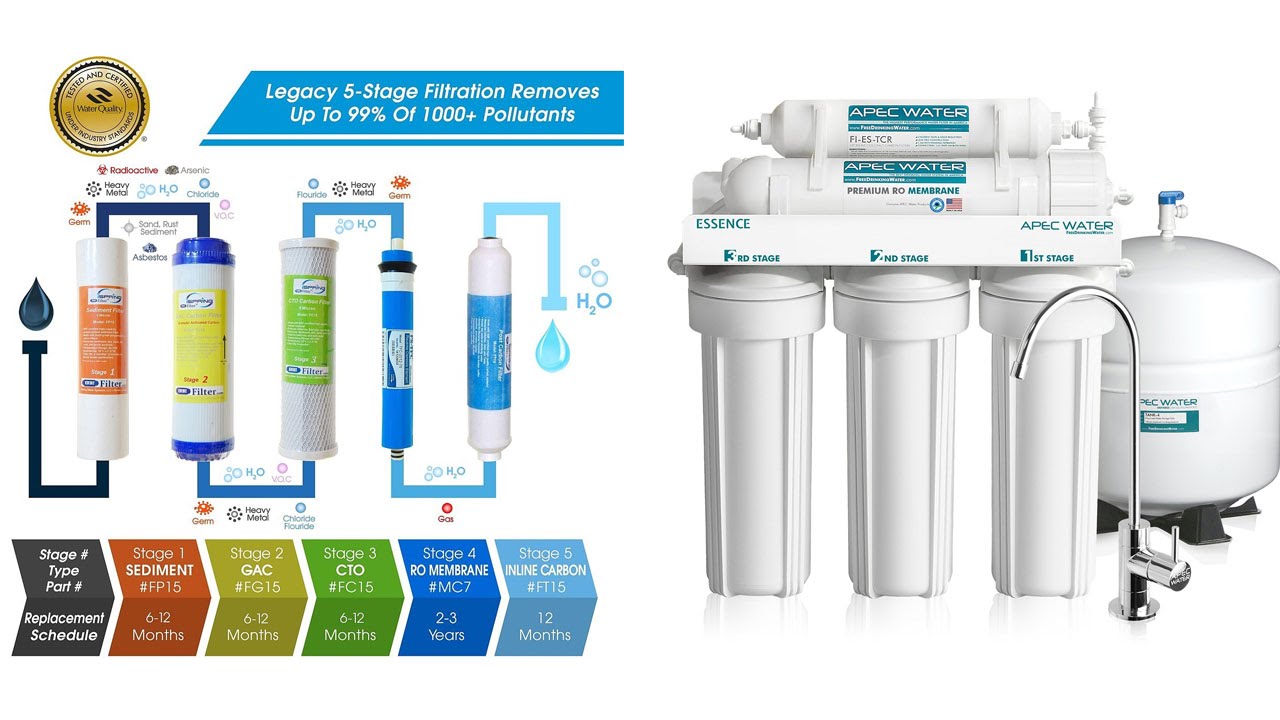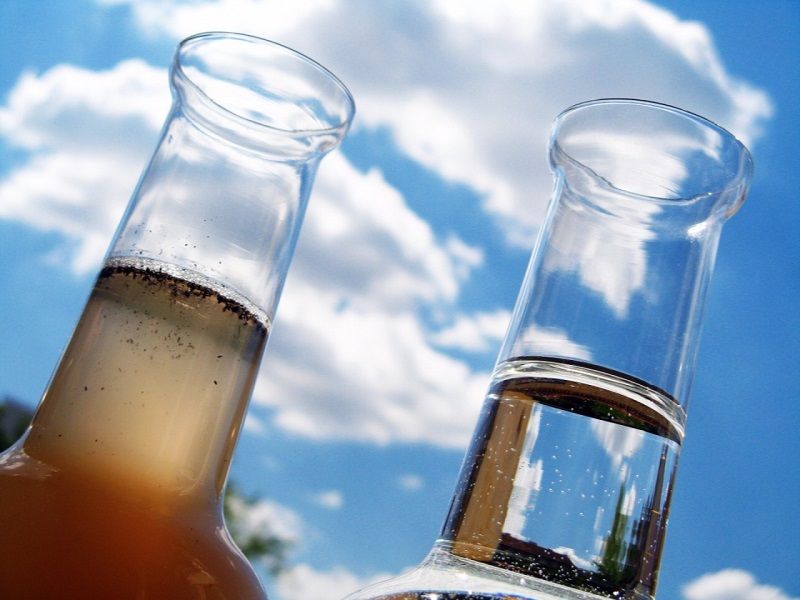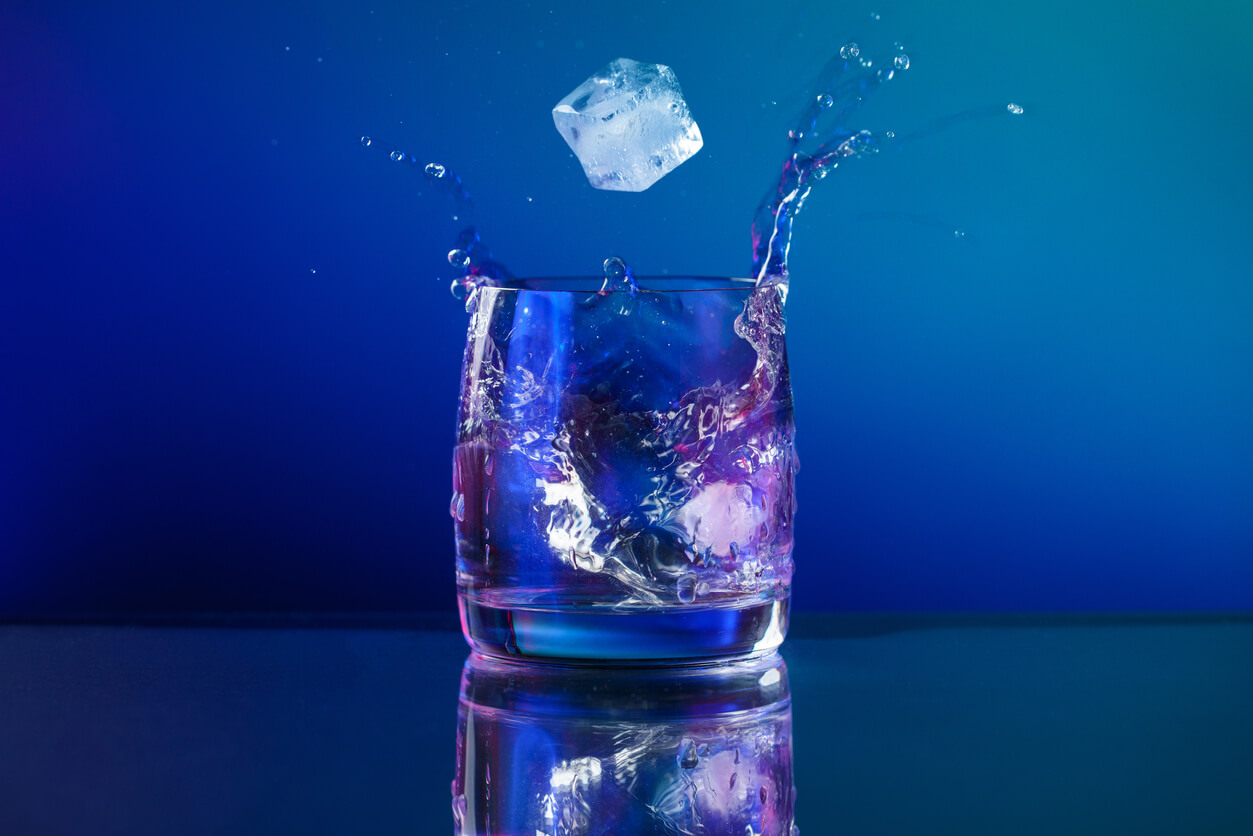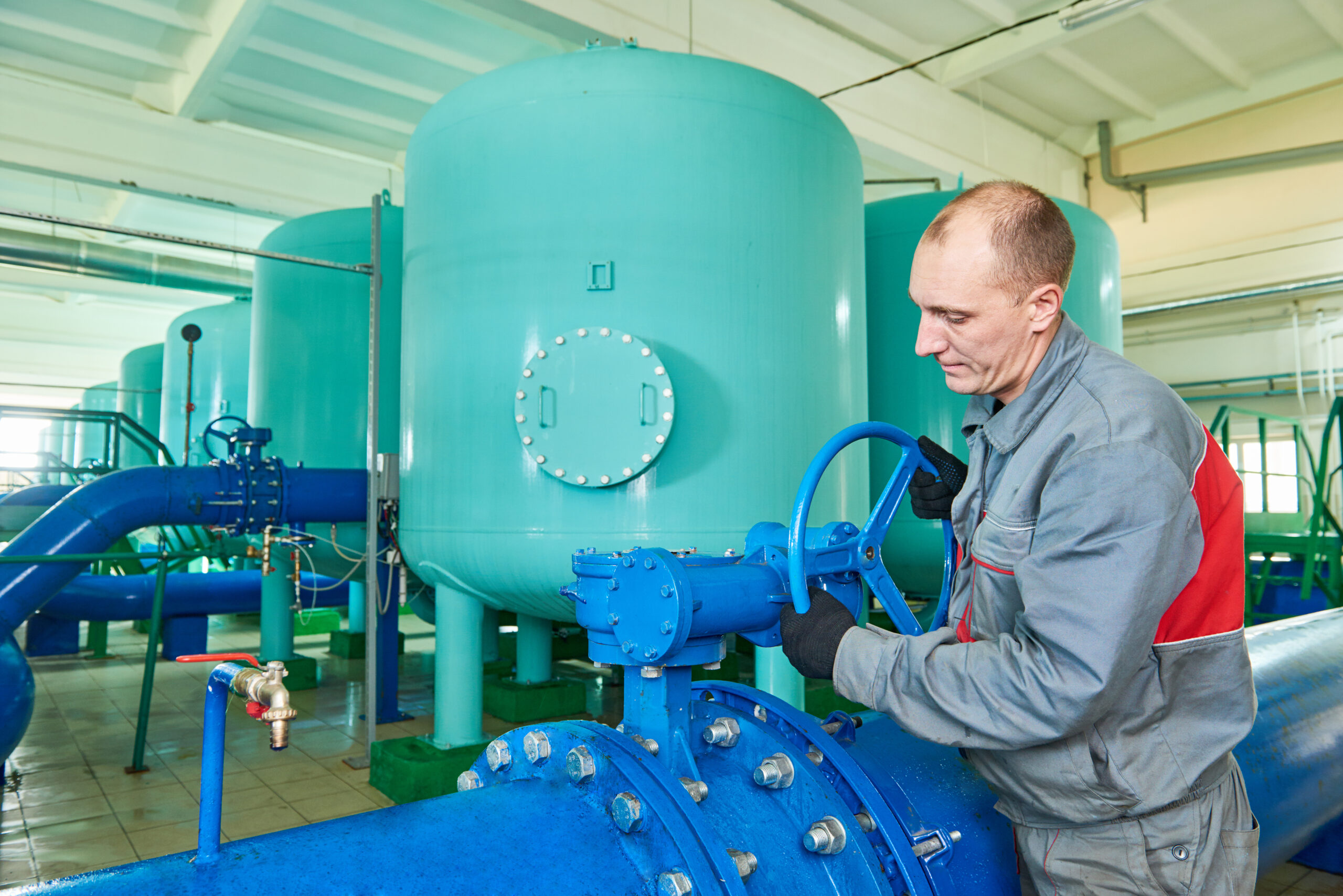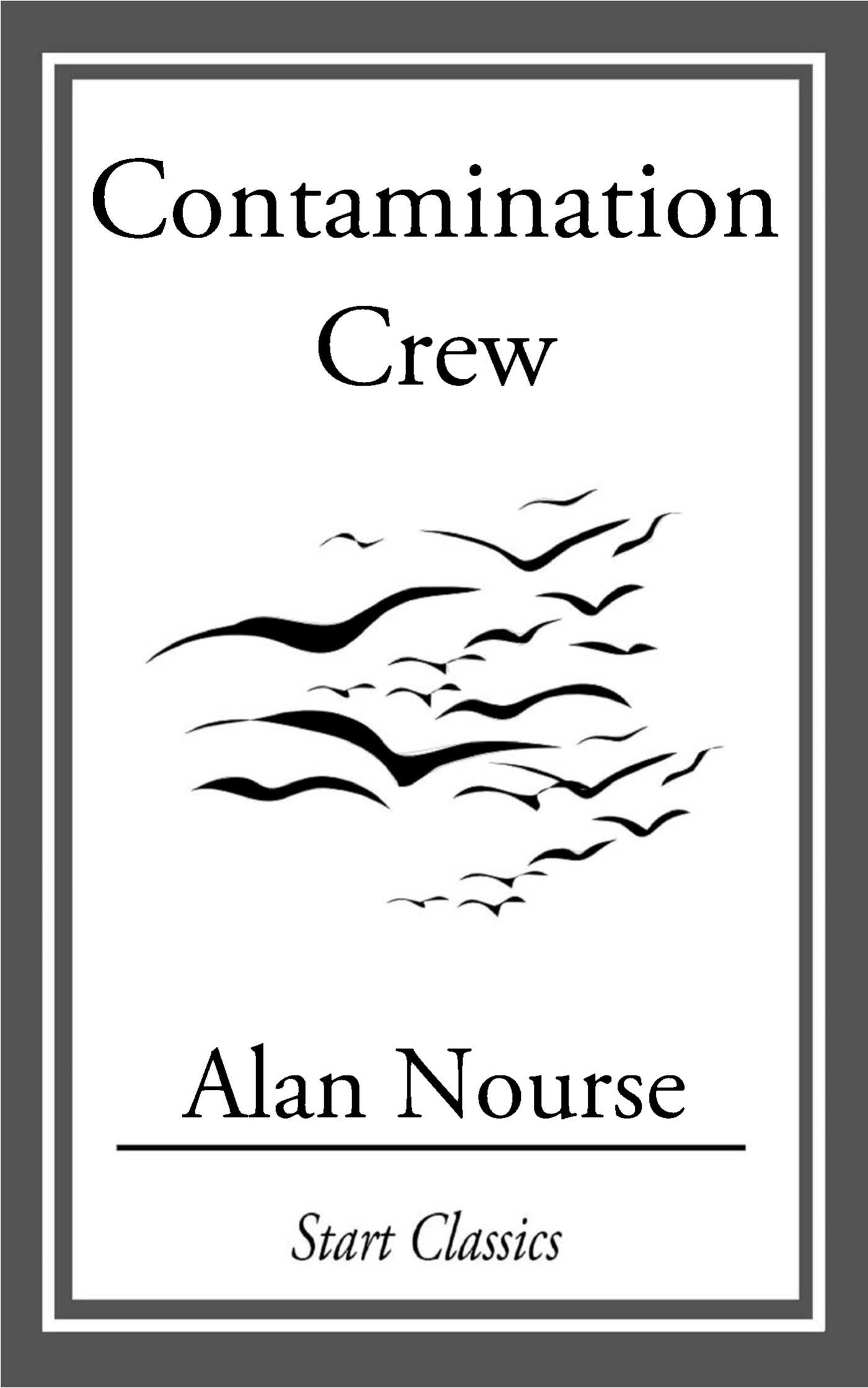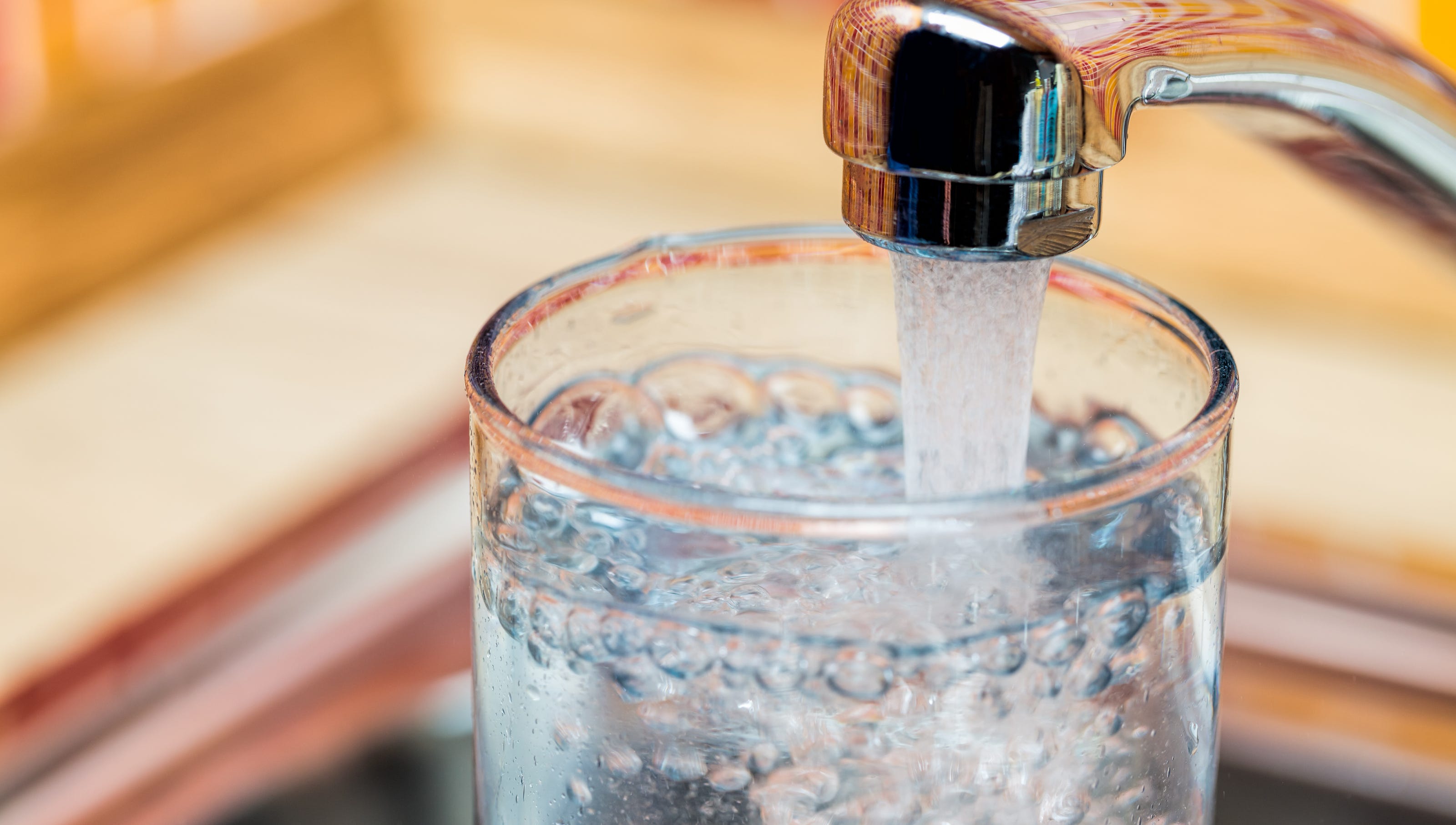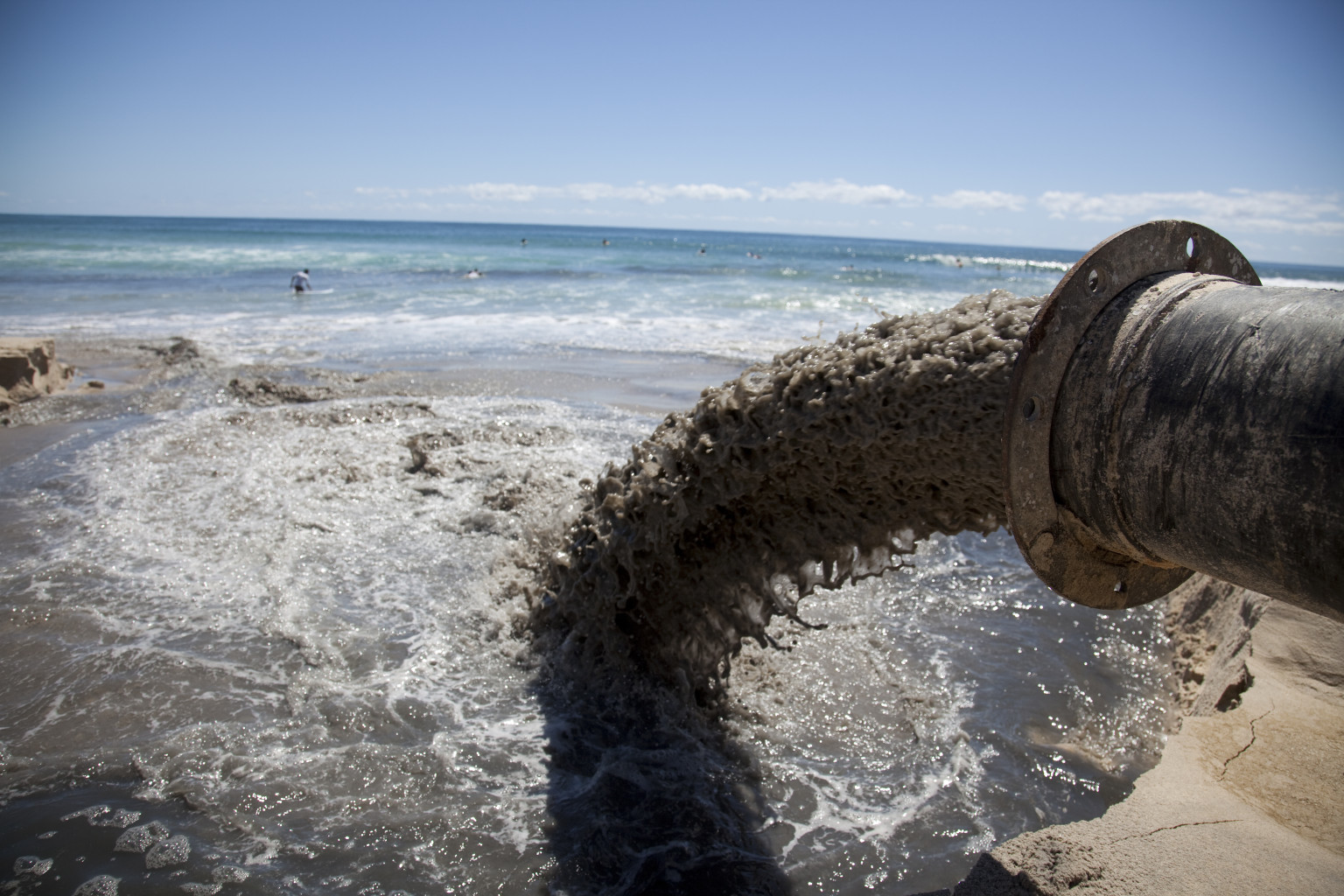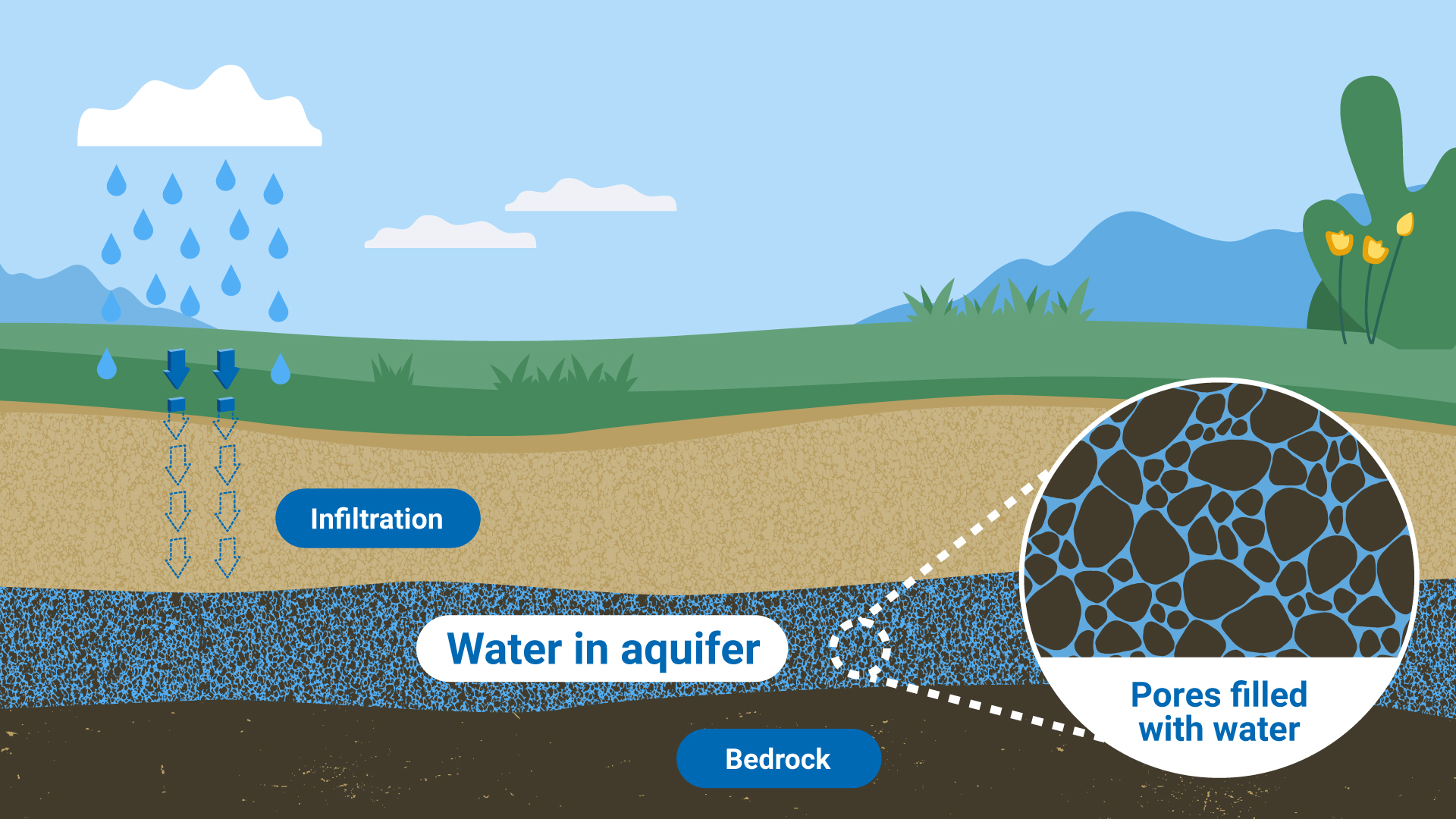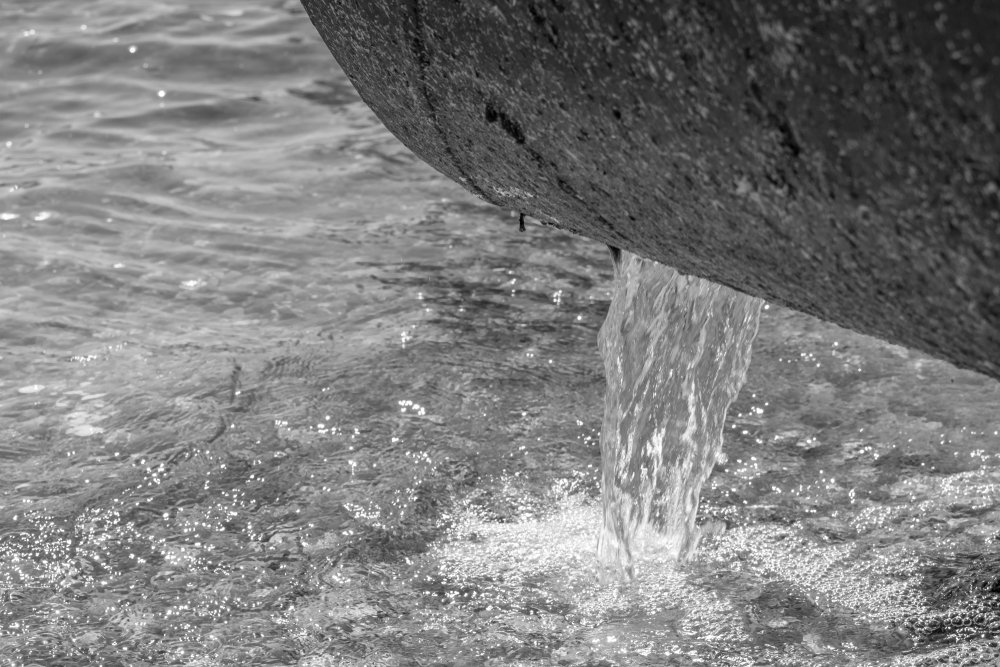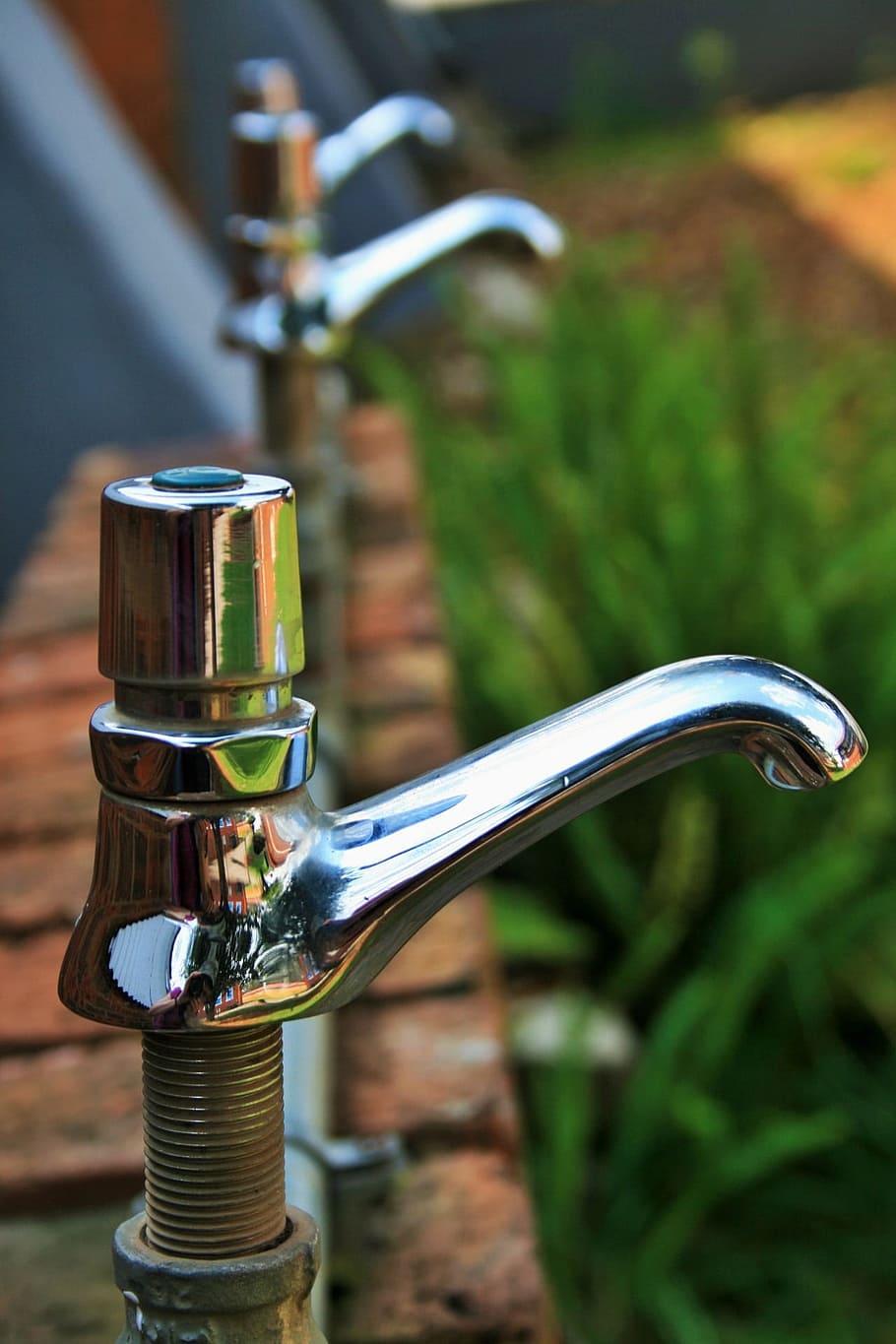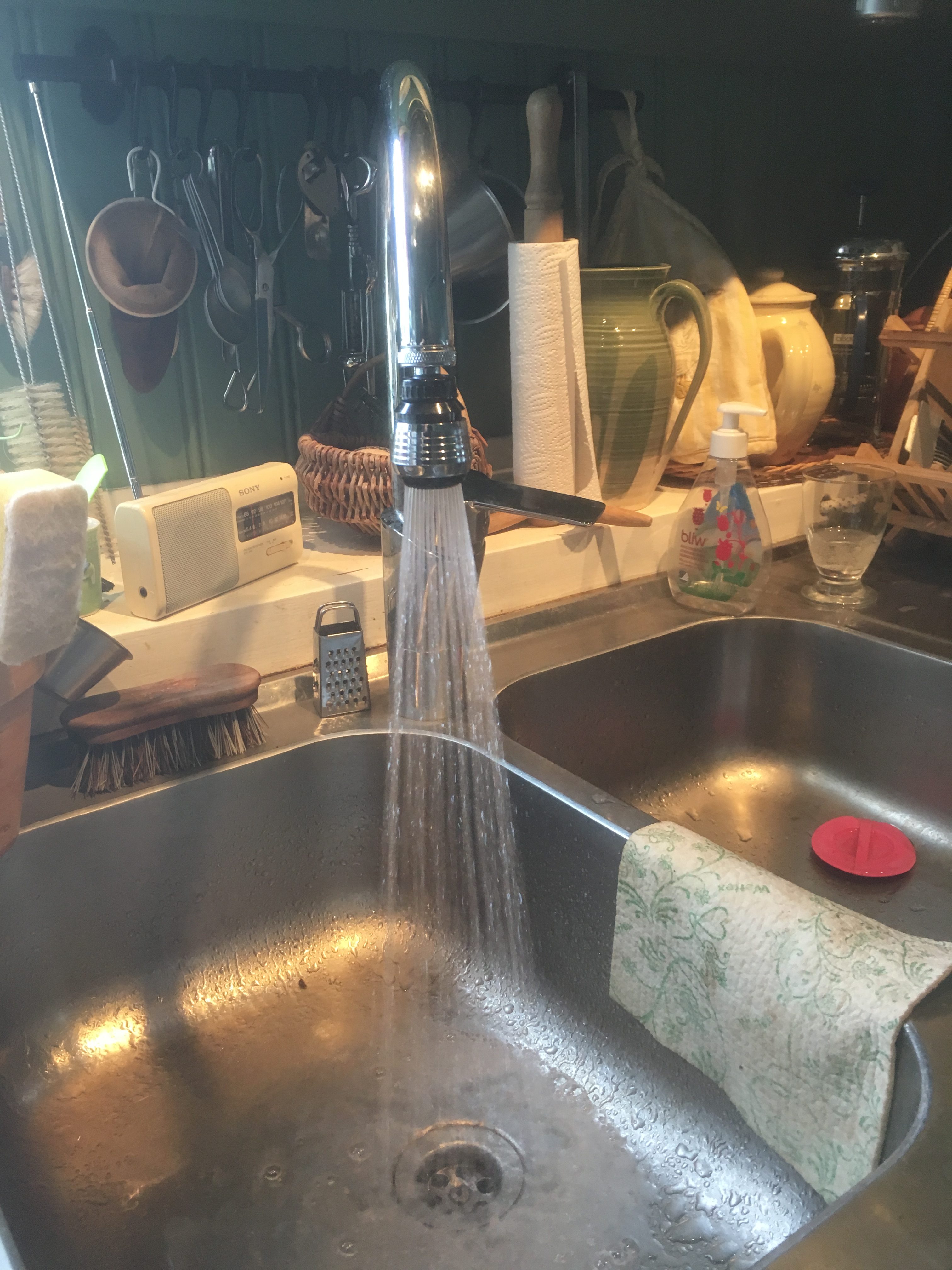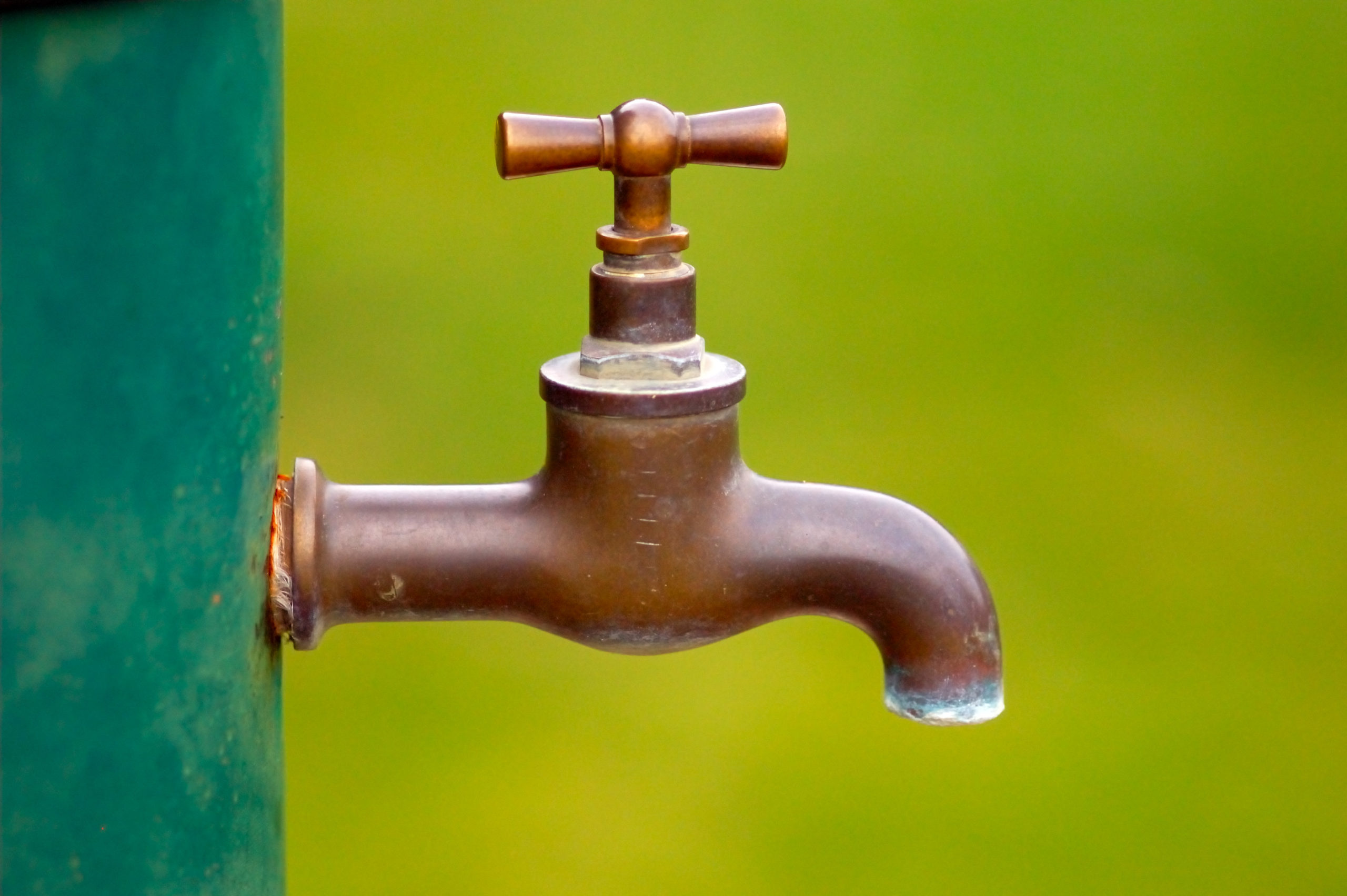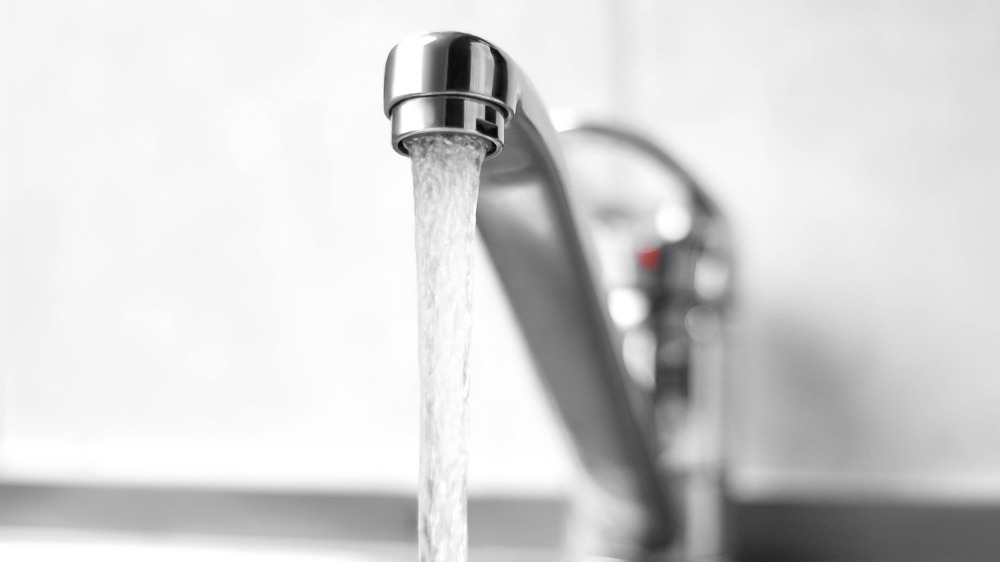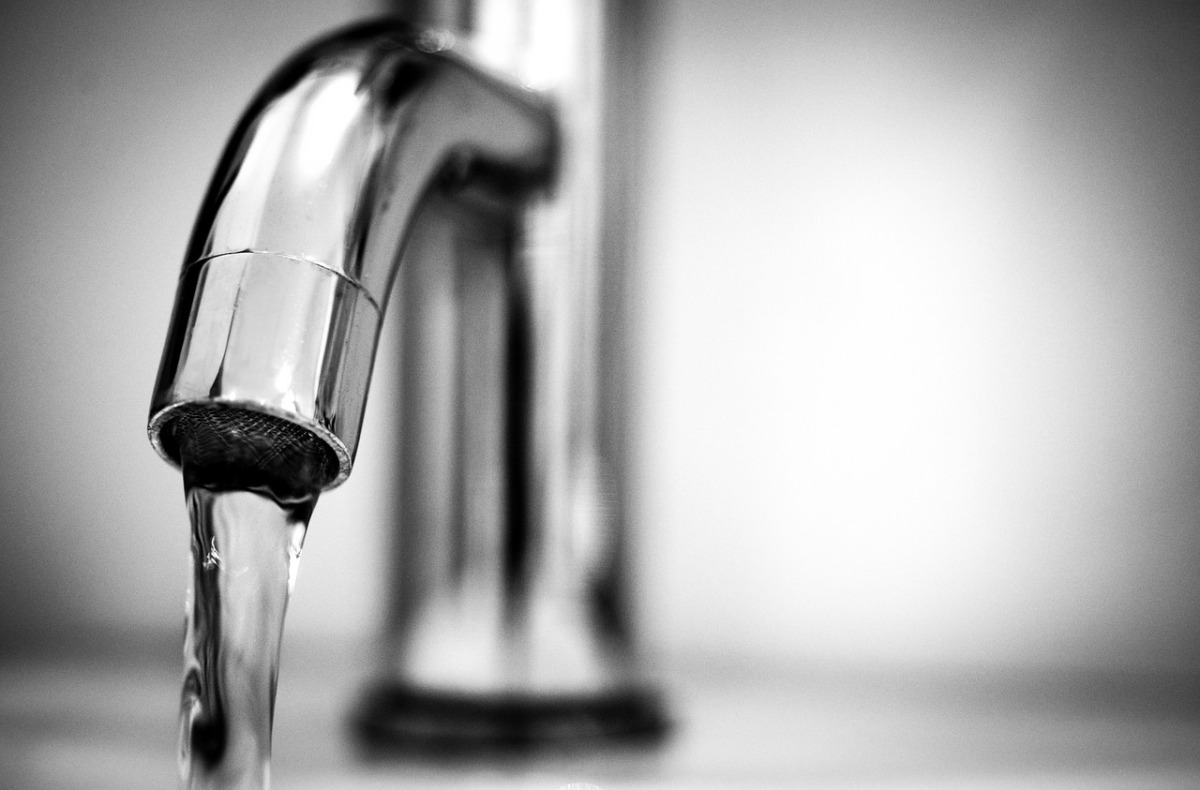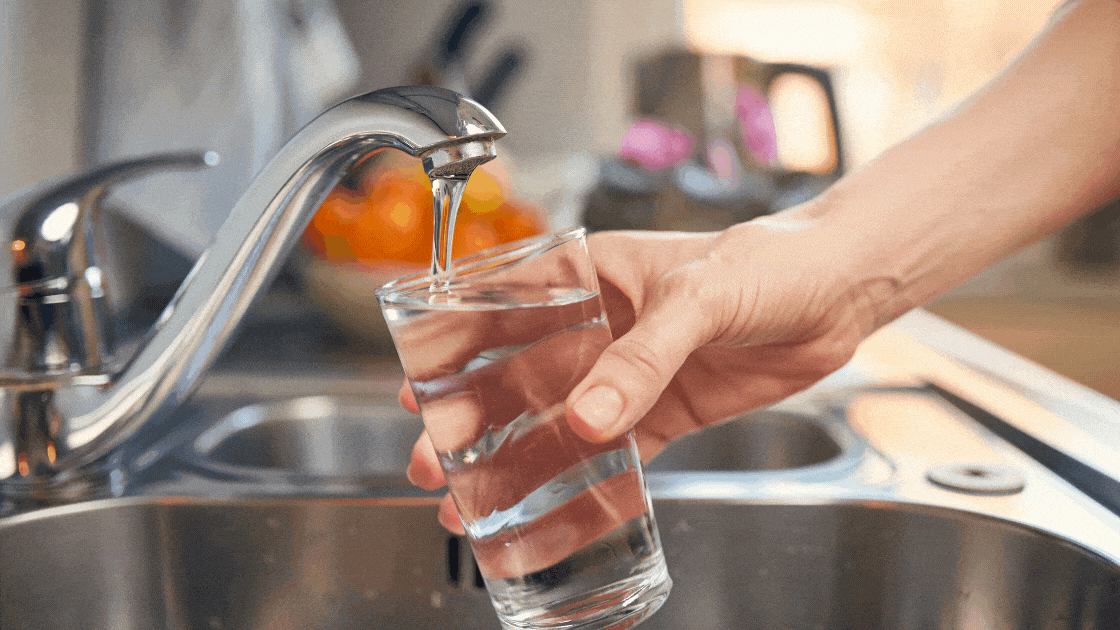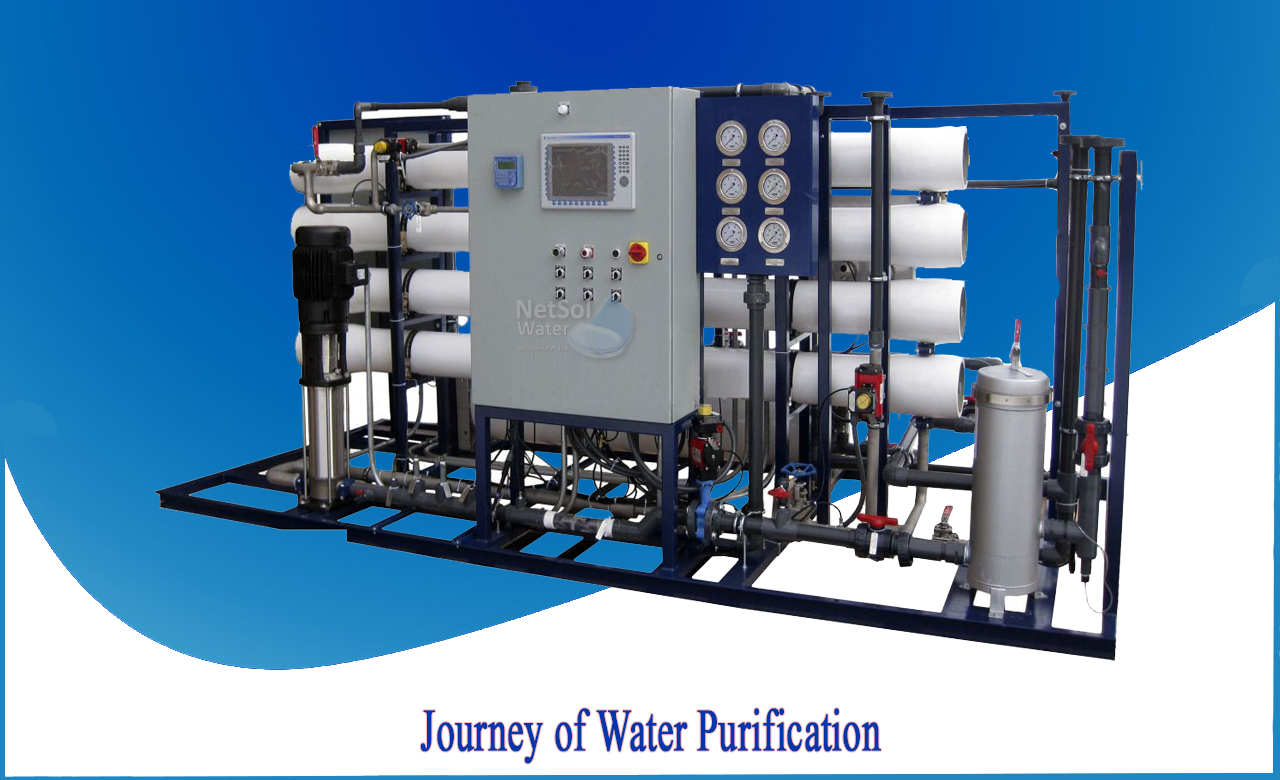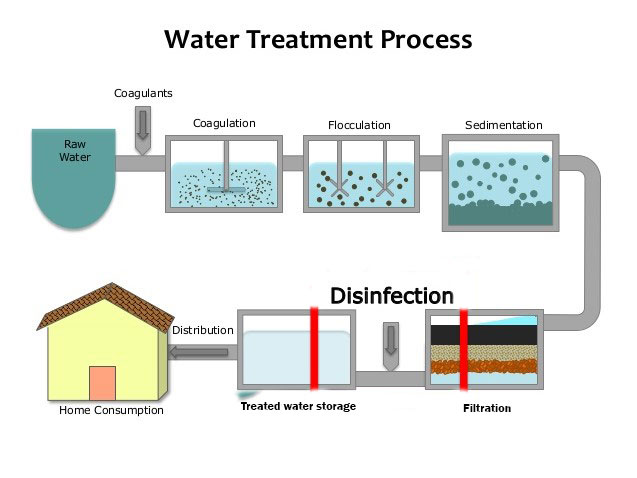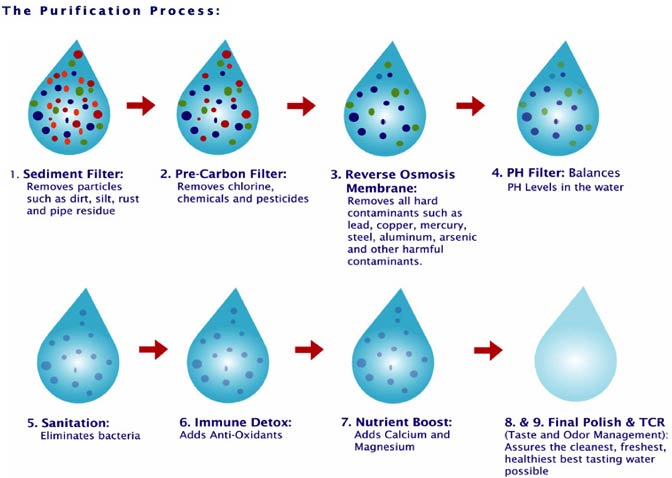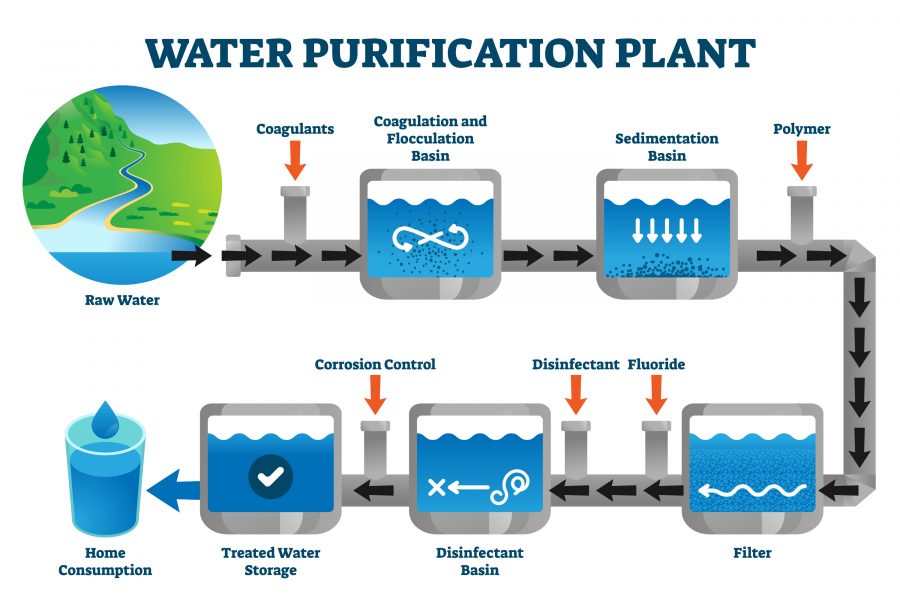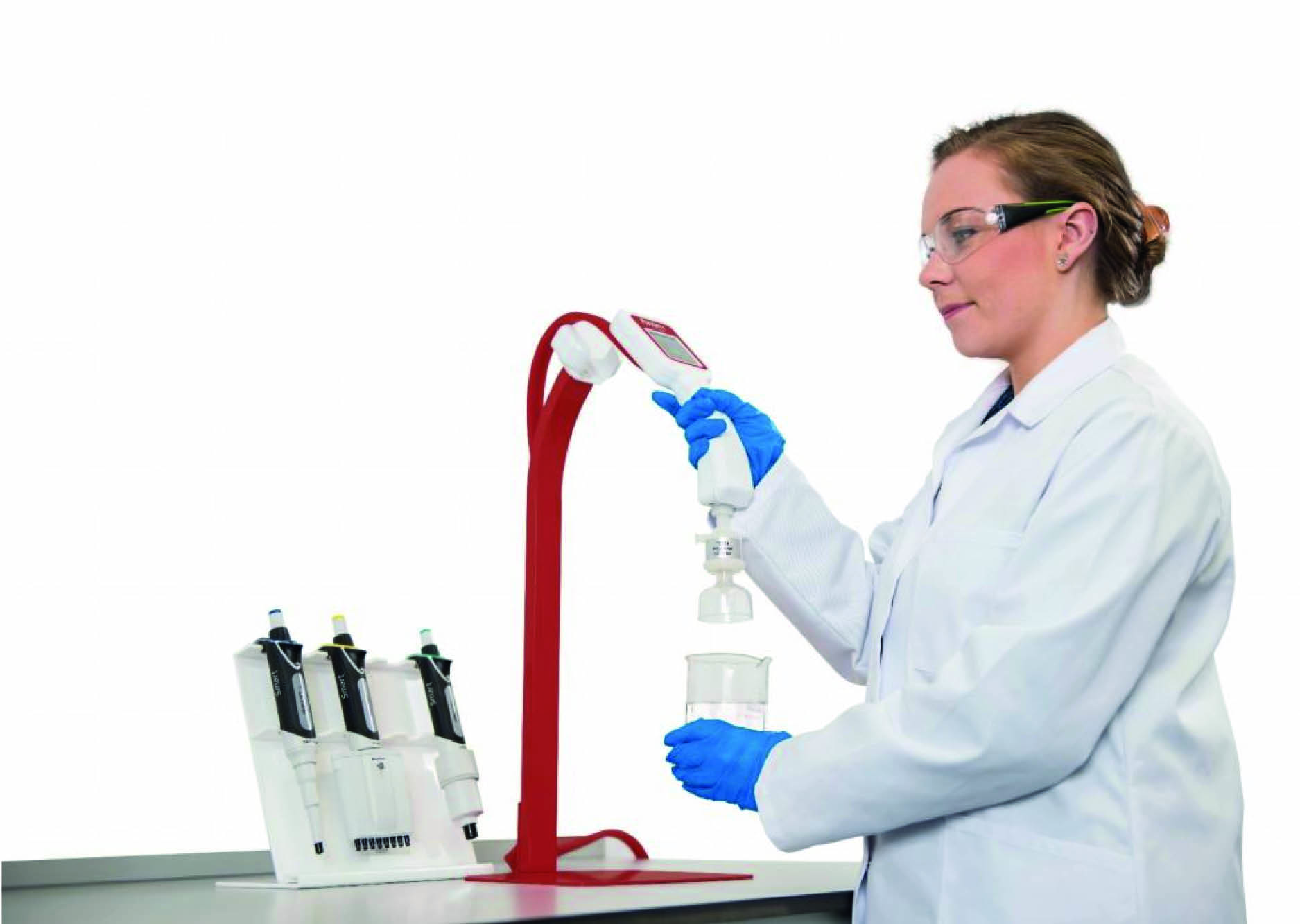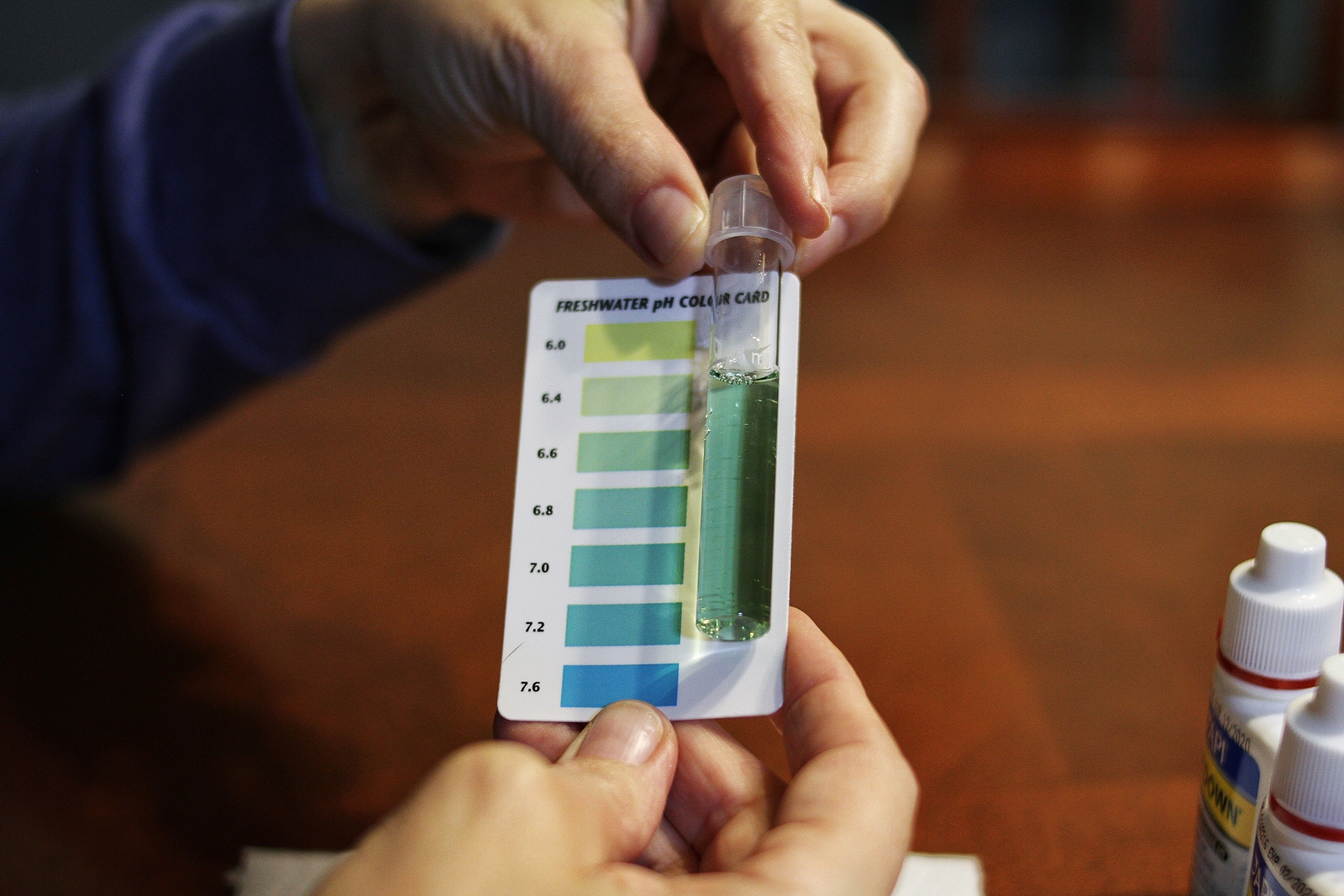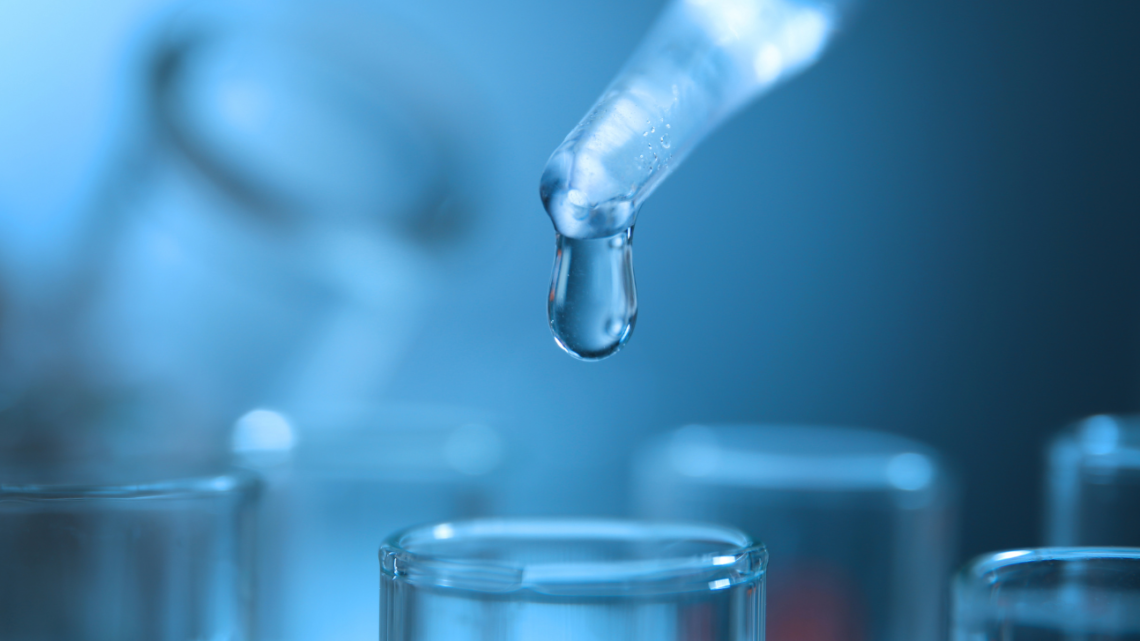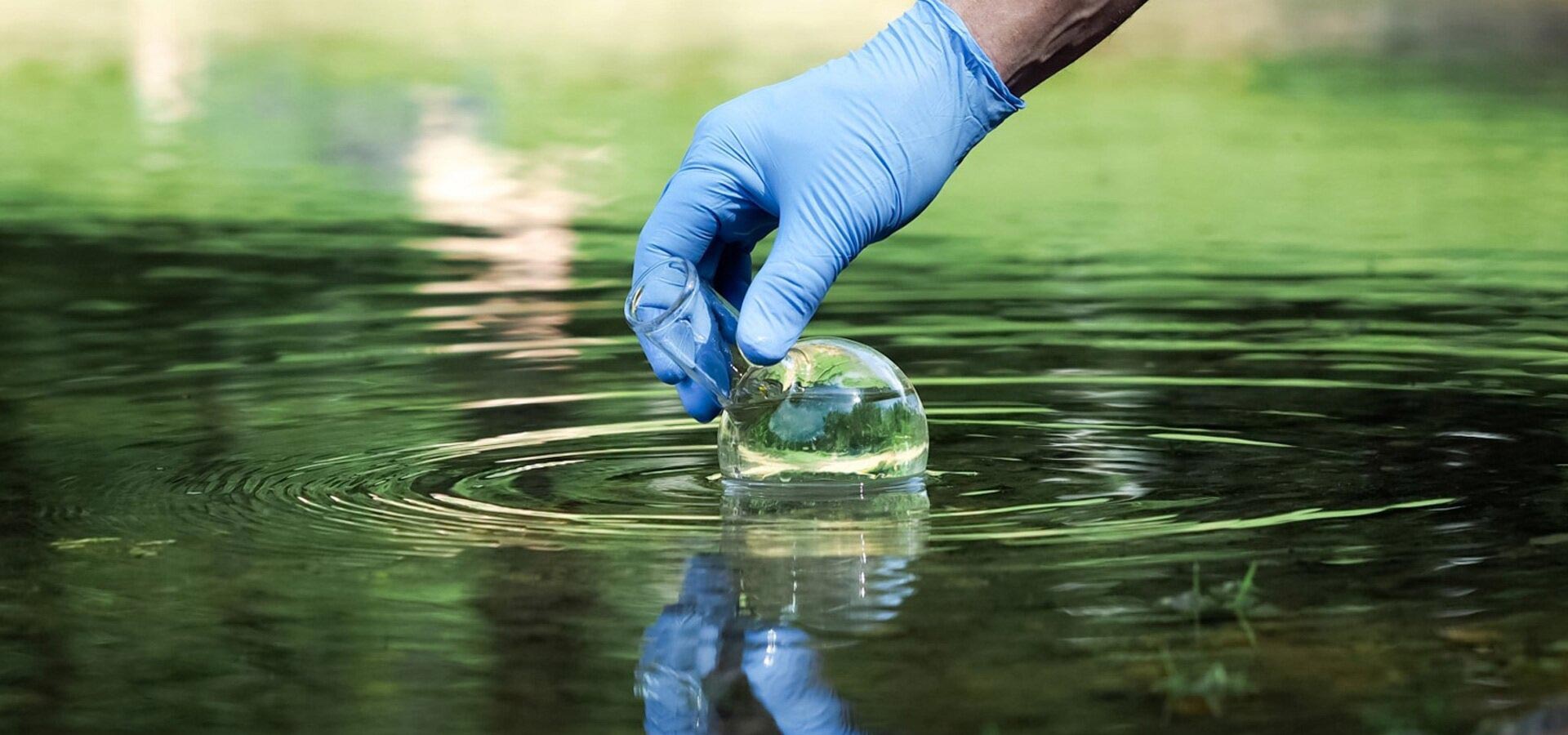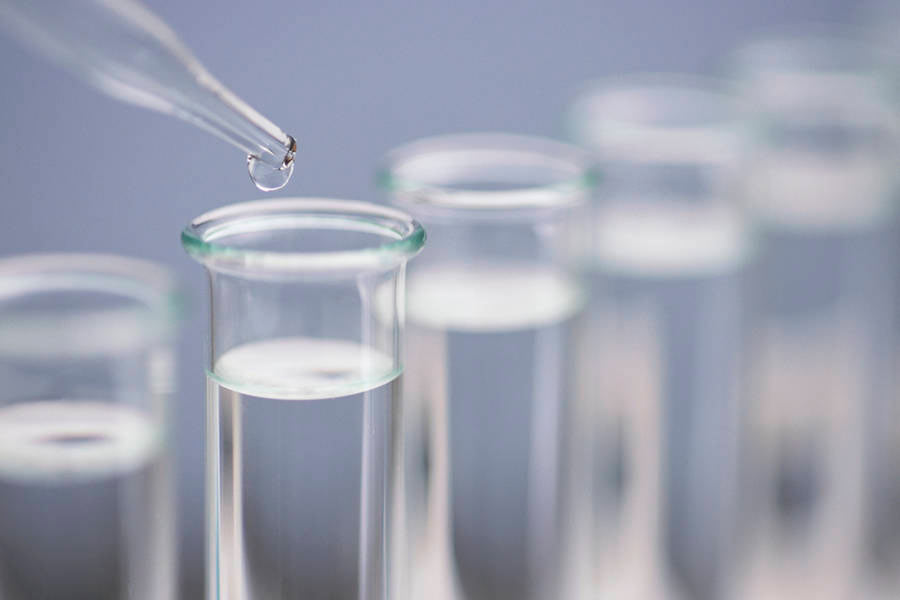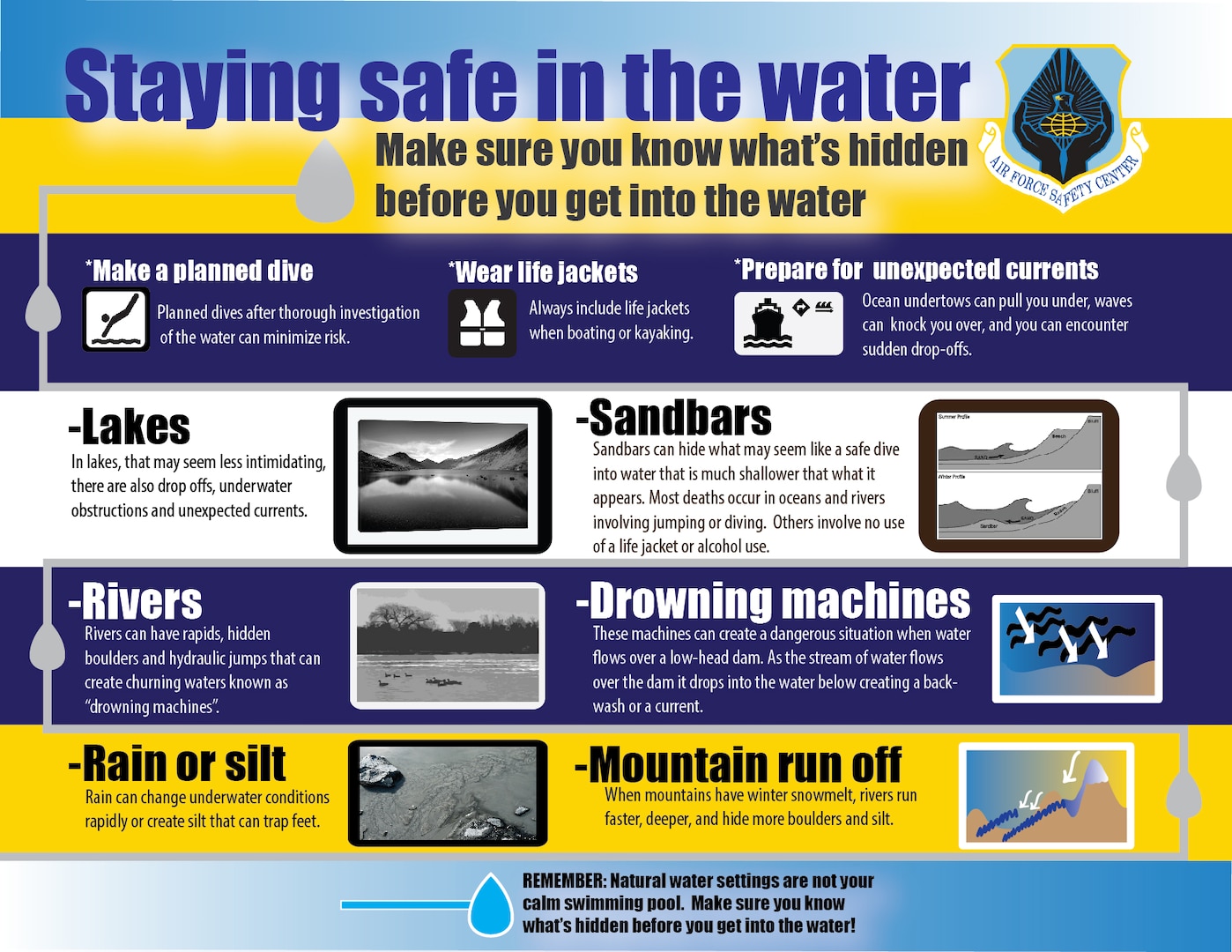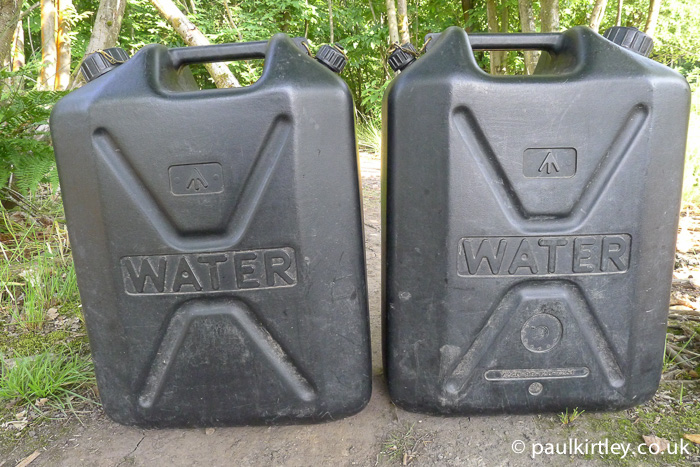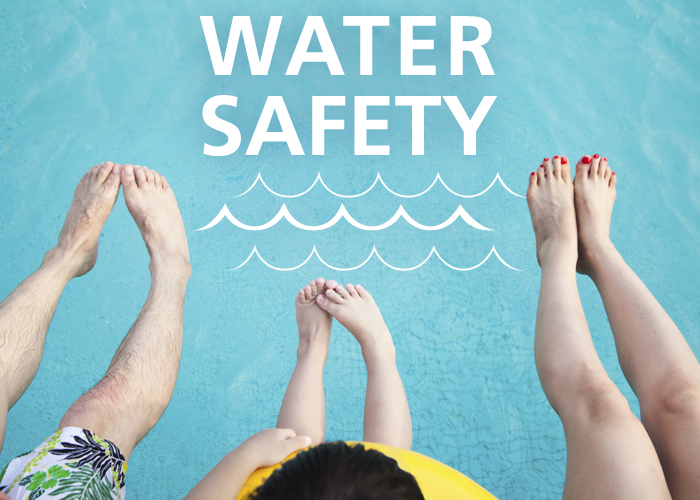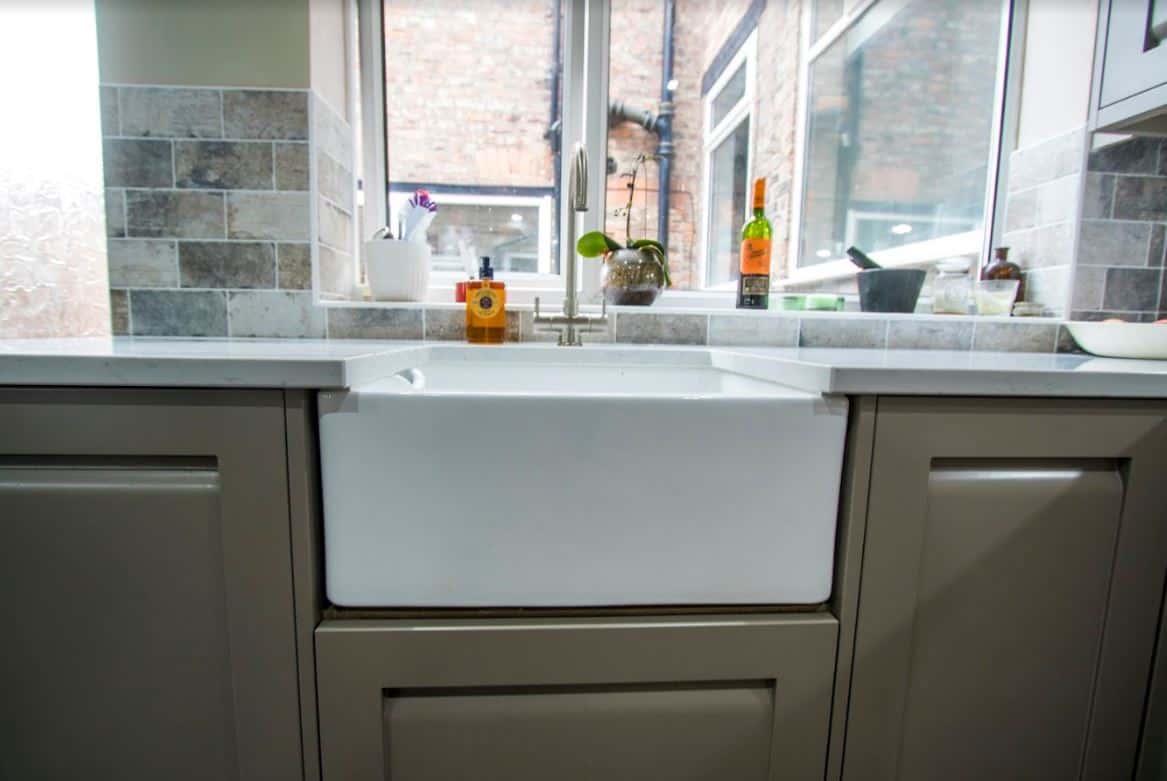1. Water Quality Association: Ensuring Safe Drinking Water for All
The Water Quality Association (WQA) is a non-profit organization that is dedicated to improving the quality of water around the world. They work with government agencies, manufacturers, and consumers to develop and enforce water quality standards and regulations. Their mission is to provide safe, clean, and healthy drinking water for all.
The WQA offers certifications for water treatment professionals and conducts research to develop new technologies and methods for water treatment. They also provide education and resources for consumers to understand the importance of water quality and how to maintain it in their homes.
With the help of the WQA, we can trust that our drinking water is of the highest quality and safe for consumption.
2. Drinking Water Quality: Understanding the Standards
The quality of our drinking water is regulated by the Environmental Protection Agency (EPA) under the Safe Drinking Water Act (SDWA). This act was established in 1974 to protect public health by setting national standards for drinking water quality and monitoring compliance.
The SDWA sets limits on the levels of contaminants, such as bacteria, lead, and chemicals, that are allowed in our drinking water. These standards are constantly reviewed and updated to ensure that our water is safe for consumption.
However, it is important to note that while the SDWA regulates public water systems, it does not cover private wells. It is the responsibility of well owners to regularly test and maintain the quality of their drinking water.
3. Safe Drinking Water Act: Protecting Our Health
The SDWA is a federal law that was passed to protect the public from potential health hazards in drinking water. It requires public water systems to monitor and treat their water to ensure it meets the EPA's standards.
The SDWA also requires that all public water systems provide consumers with an annual water quality report, also known as a Consumer Confidence Report. This report outlines the quality of the water provided by the system and any potential contaminants that were found.
Thanks to the SDWA, we can have peace of mind knowing that our drinking water is being monitored and treated to ensure our safety.
4. Water Treatment: Removing Impurities for Clean Water
Water treatment is the process of removing impurities from water to make it safe for consumption. This can include physical processes, such as filtration and sedimentation, and chemical processes, such as disinfection and coagulation.
There are various methods of water treatment, and the type used depends on the source and quality of the water. Some common methods include reverse osmosis, distillation, and activated carbon filtration.
Water treatment is necessary to remove harmful contaminants and ensure that our drinking water is clean and safe for consumption.
5. Water Filtration: Improving the Quality of Tap Water
Water filtration is the process of removing impurities from water by passing it through a physical barrier or chemical process. It can be done on a large scale for public water systems or on a smaller scale for individual homes.
There are many types of water filtration systems available, such as carbon filters, ceramic filters, and UV filtration. These systems can remove contaminants such as chlorine, lead, and bacteria, providing us with cleaner and healthier drinking water.
Investing in a water filtration system can greatly improve the quality of tap water and give us peace of mind knowing that our drinking water is free of harmful contaminants.
6. Water Contamination: Understanding the Dangers
Water contamination occurs when harmful substances enter our water sources. These substances can come from various sources, such as industrial waste, agricultural runoff, and even natural sources like algae blooms.
Contaminated water can have serious health consequences, including gastrointestinal illness, neurological disorders, and even cancer. It is essential to regularly test our water sources and take measures to prevent contamination.
By understanding the dangers of water contamination, we can take steps to protect ourselves and our communities from potential health hazards.
7. Tap Water: The Most Common Source of Drinking Water
Tap water is the most common source of drinking water for many households. It is supplied by public water systems and treated to meet EPA standards. However, the quality of tap water can vary depending on the source and treatment methods used.
While tap water is generally safe for consumption, it may contain trace amounts of contaminants that can affect taste and odor. Some people choose to filter their tap water for improved taste and peace of mind.
It is important to regularly test the quality of tap water and take necessary precautions to ensure it is safe for consumption.
8. Water Purification: A Step Further for Clean Drinking Water
Water purification goes beyond basic water treatment to remove even more impurities from our drinking water. This process involves advanced filtration and treatment methods, such as reverse osmosis and distillation.
Water purification systems can remove contaminants such as pesticides, heavy metals, and viruses, providing us with the purest form of drinking water possible. While these systems can be costly, they offer an extra layer of protection for those who are concerned about the quality of their tap water.
Water purification is a great option for those who want the highest quality drinking water without the risk of harmful contaminants.
9. Water Testing: Ensuring Safe Drinking Water
Regular water testing is crucial for ensuring the quality and safety of our drinking water. Testing can identify potential contaminants and allow us to take necessary measures to remove them from our water.
Water testing can be done by professionals or through at-home testing kits. These kits can detect various contaminants, such as bacteria, lead, and pesticides, and provide valuable information about the quality of our water.
By testing our water regularly, we can be proactive in maintaining the quality and safety of our drinking water.
10. Water Safety: Our Responsibility
Ultimately, the safety of our drinking water is our responsibility. While government agencies and organizations work to regulate and monitor water quality, it is up to individuals to take necessary precautions to ensure the water we consume is safe.
This can include investing in water filtration or purification systems, regularly testing our water sources, and being mindful of potential sources of contamination in our communities.
By taking these measures, we can play a role in protecting our health and the health of our loved ones by having access to clean, safe drinking water.
The Importance of Clean Water in Your Home

The Role of Water in Our Daily Lives
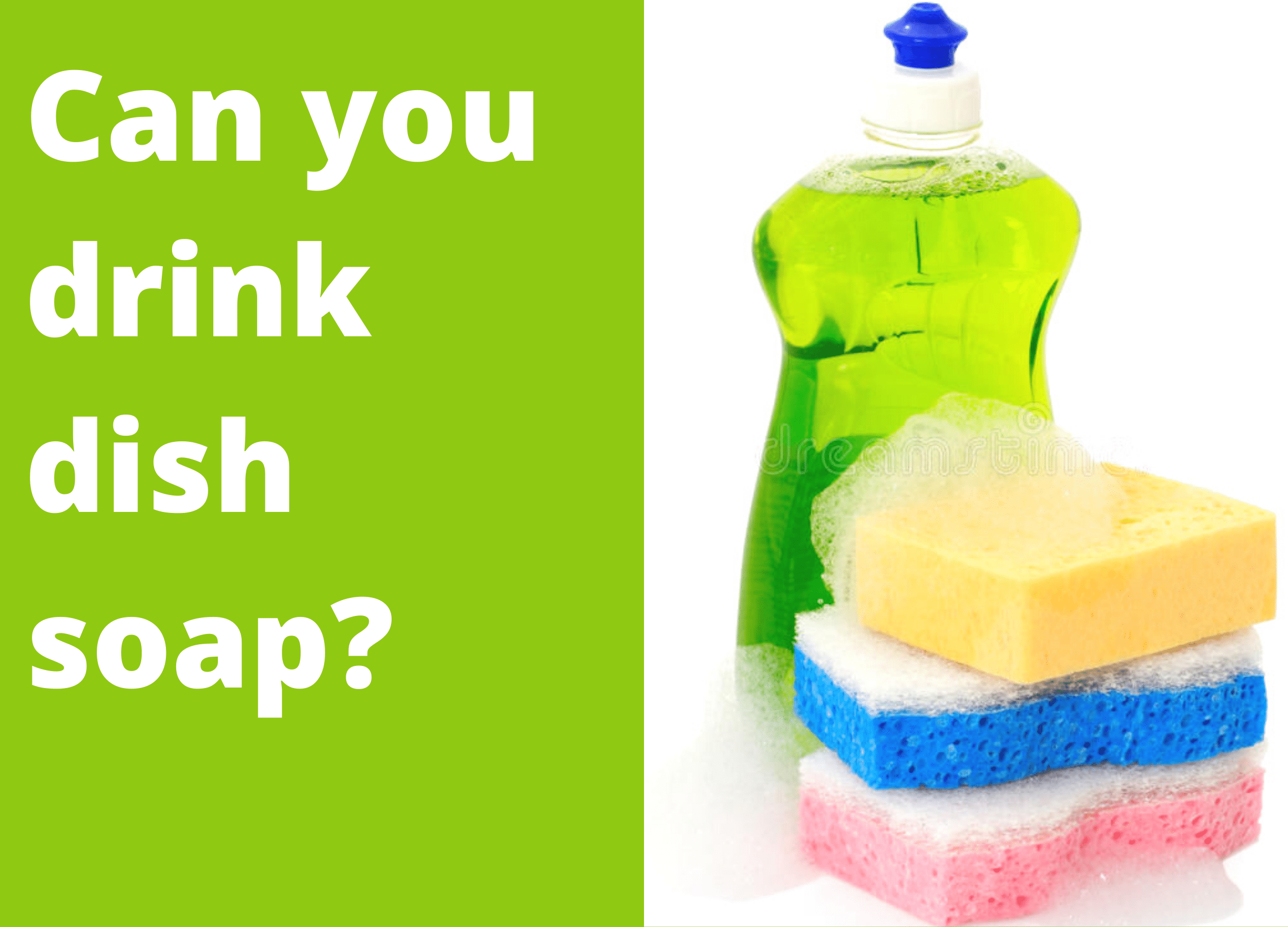 Water is one of the most essential elements for our survival. We use it for drinking, cooking, and cleaning on a daily basis. But have you ever stopped to think about the quality of the water that comes out of your kitchen sink? While many people assume that tap water is safe to drink, there are actually a few factors that can affect its quality.
Clean water is crucial for maintaining your health and the overall well-being of your household.
Water is one of the most essential elements for our survival. We use it for drinking, cooking, and cleaning on a daily basis. But have you ever stopped to think about the quality of the water that comes out of your kitchen sink? While many people assume that tap water is safe to drink, there are actually a few factors that can affect its quality.
Clean water is crucial for maintaining your health and the overall well-being of your household.
The Truth About Tap Water
 According to the Environmental Protection Agency (EPA), tap water in the United States is generally safe to drink. However, it is important to note that
the safety and quality of tap water can vary depending on where you live.
The EPA sets standards for certain contaminants in tap water, but there are still some potential risks to consider. For example, older homes may have lead pipes which can contaminate the water, and agricultural or industrial activities in the surrounding area can also affect the water supply.
According to the Environmental Protection Agency (EPA), tap water in the United States is generally safe to drink. However, it is important to note that
the safety and quality of tap water can vary depending on where you live.
The EPA sets standards for certain contaminants in tap water, but there are still some potential risks to consider. For example, older homes may have lead pipes which can contaminate the water, and agricultural or industrial activities in the surrounding area can also affect the water supply.
The Benefits of Installing a Water Filtration System
 To ensure that the water coming out of your kitchen sink is safe and clean, many homeowners choose to install a water filtration system.
Not only does this provide peace of mind, but it also has numerous benefits for your health and home.
A water filtration system can remove contaminants such as bacteria, viruses, chemicals, and heavy metals from your tap water, making it safer to drink. It can also improve the taste and smell of your water and reduce the risk of plumbing issues caused by hard water.
To ensure that the water coming out of your kitchen sink is safe and clean, many homeowners choose to install a water filtration system.
Not only does this provide peace of mind, but it also has numerous benefits for your health and home.
A water filtration system can remove contaminants such as bacteria, viruses, chemicals, and heavy metals from your tap water, making it safer to drink. It can also improve the taste and smell of your water and reduce the risk of plumbing issues caused by hard water.
Investing in a Home Water Treatment System
 If you live in an area with poor water quality or have specific health concerns, you may want to consider investing in a home water treatment system.
These systems are designed to target specific contaminants and provide the cleanest possible water for your household.
Some options include reverse osmosis, distillation, and ultraviolet disinfection. While these systems may be more expensive upfront, they can provide long-term benefits for your health and home.
If you live in an area with poor water quality or have specific health concerns, you may want to consider investing in a home water treatment system.
These systems are designed to target specific contaminants and provide the cleanest possible water for your household.
Some options include reverse osmosis, distillation, and ultraviolet disinfection. While these systems may be more expensive upfront, they can provide long-term benefits for your health and home.
The Bottom Line
 Can you drink kitchen sink water?
The answer is yes, but it is important to be aware of the potential risks and take steps to ensure the quality and safety of your tap water. Whether it's installing a water filtration system or investing in a home water treatment system, taking care of your water supply is an important aspect of maintaining a healthy and happy home.
Can you drink kitchen sink water?
The answer is yes, but it is important to be aware of the potential risks and take steps to ensure the quality and safety of your tap water. Whether it's installing a water filtration system or investing in a home water treatment system, taking care of your water supply is an important aspect of maintaining a healthy and happy home.


